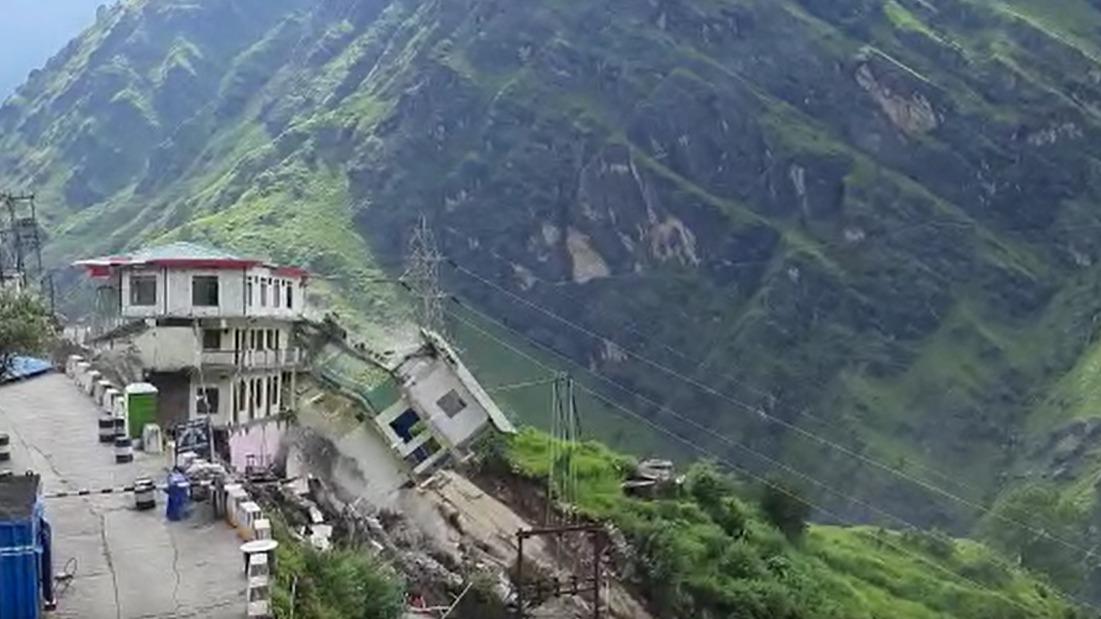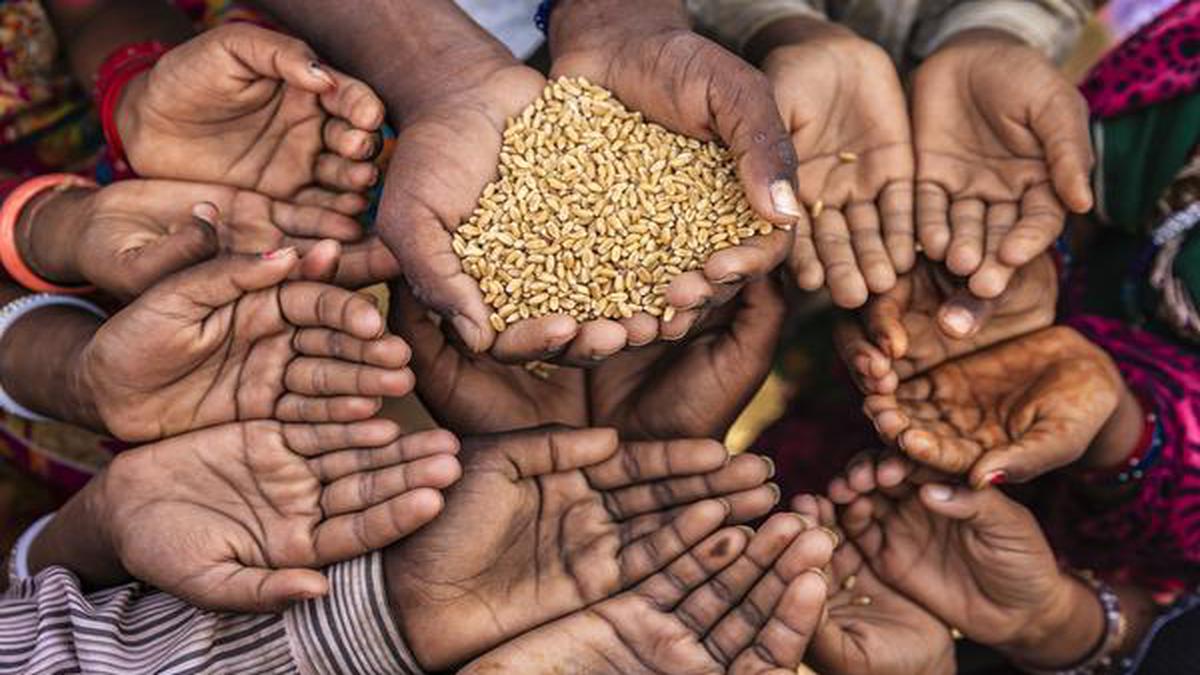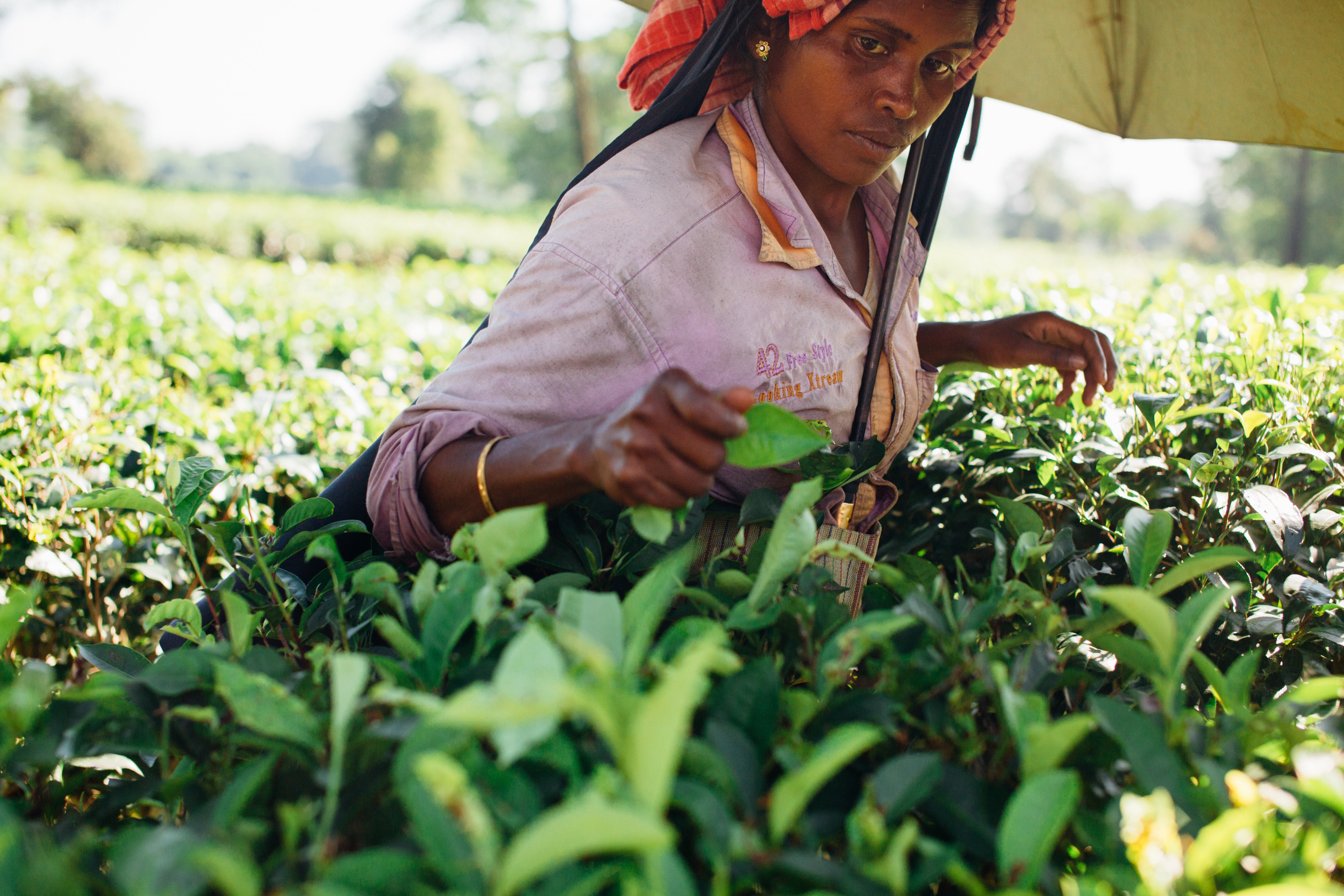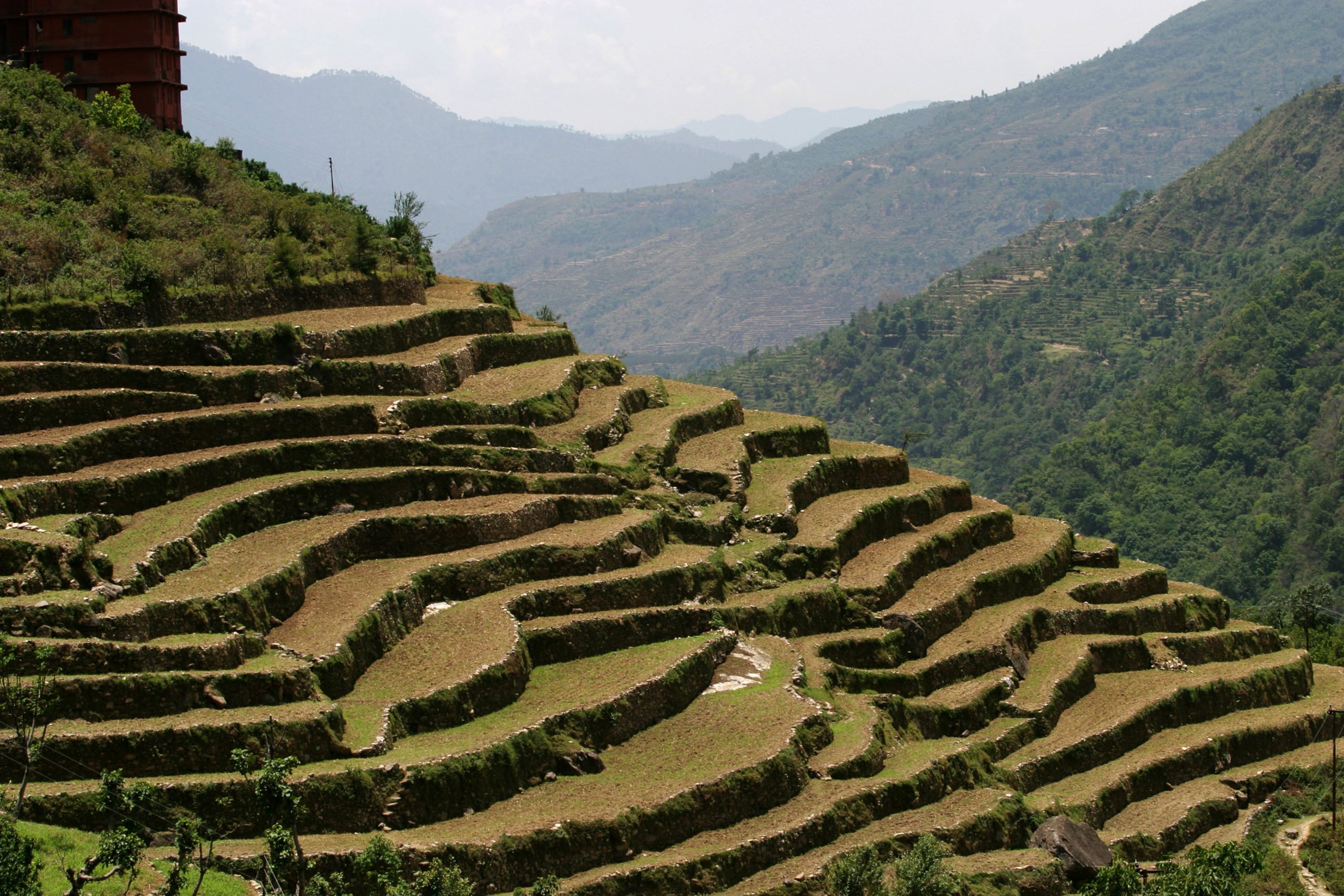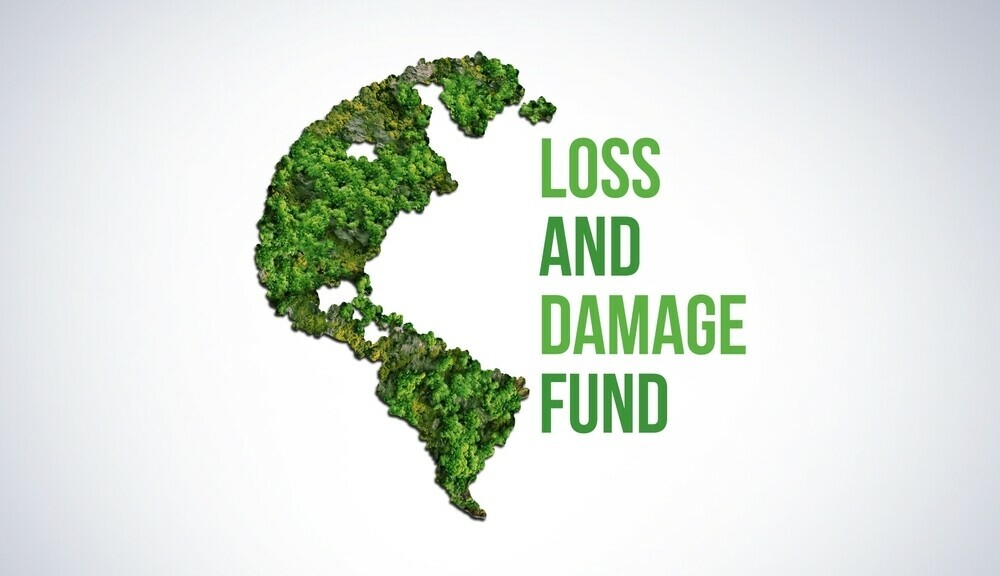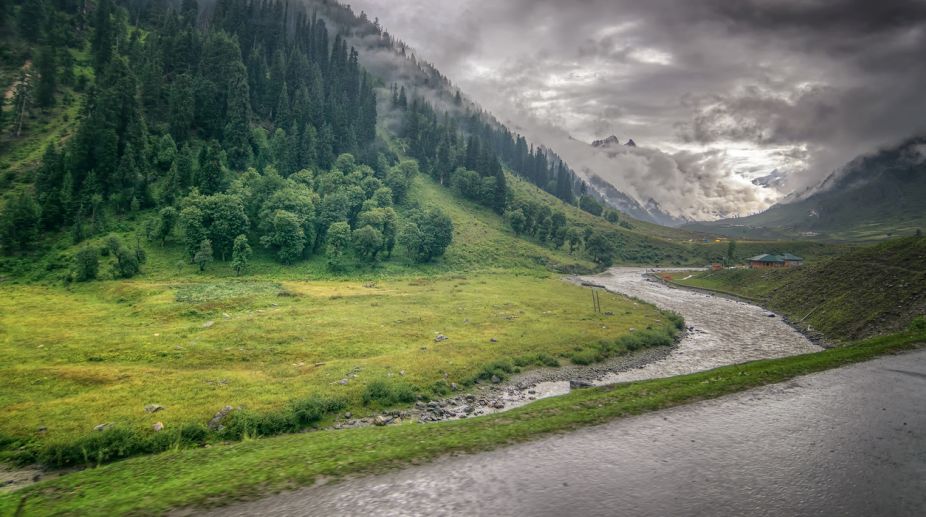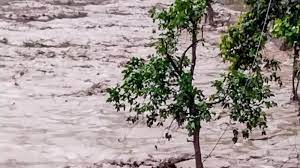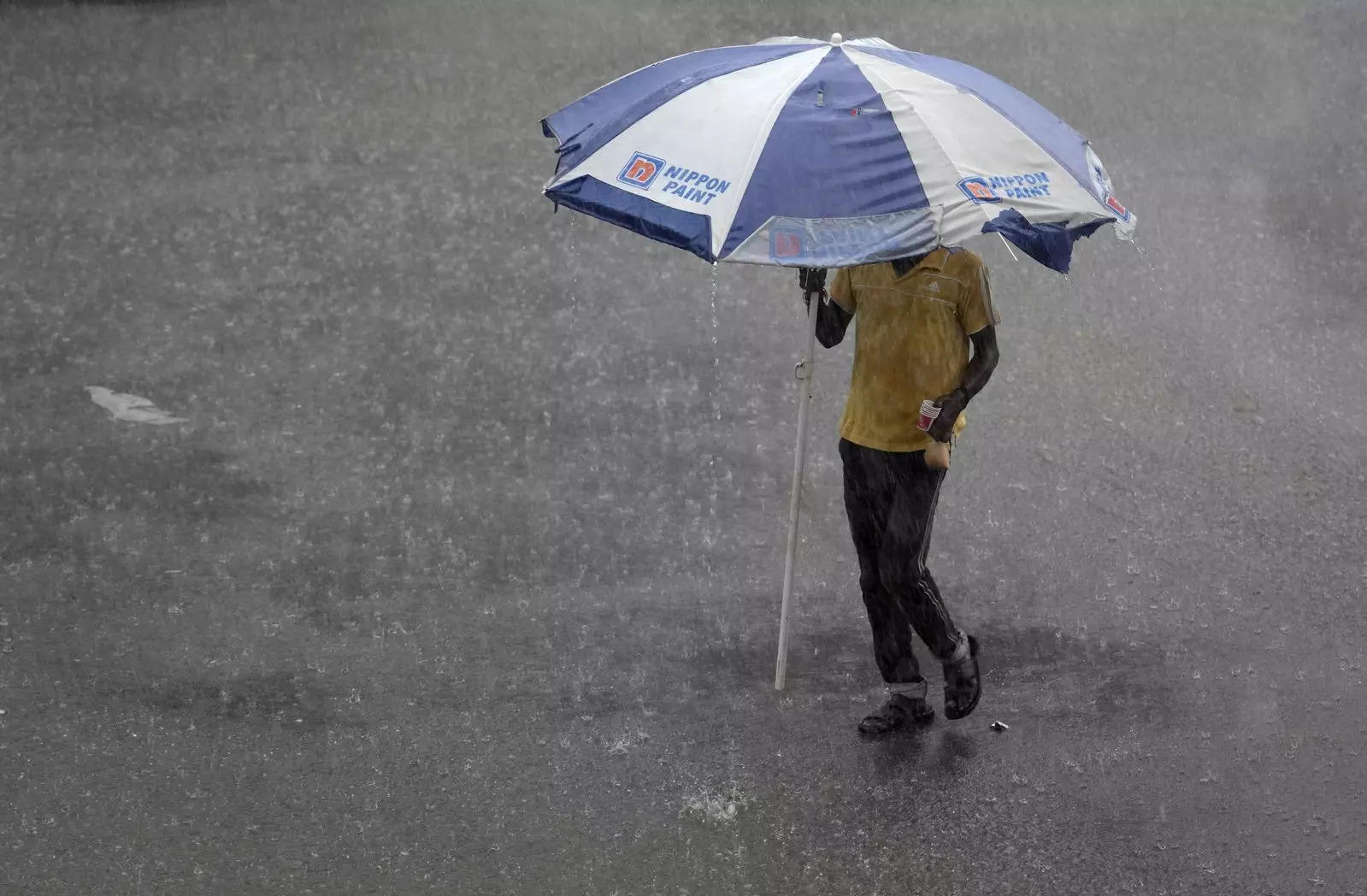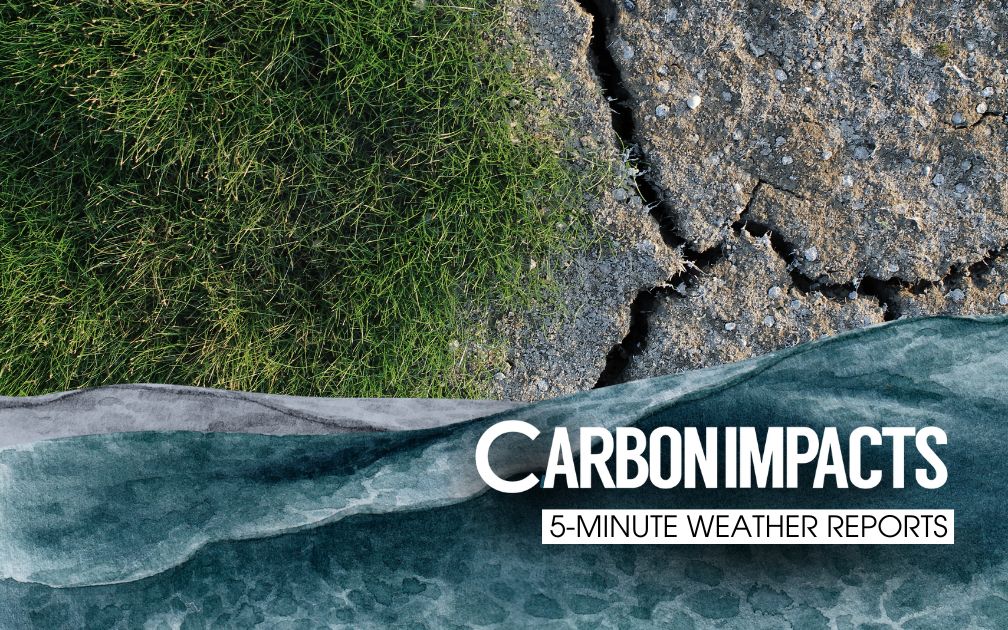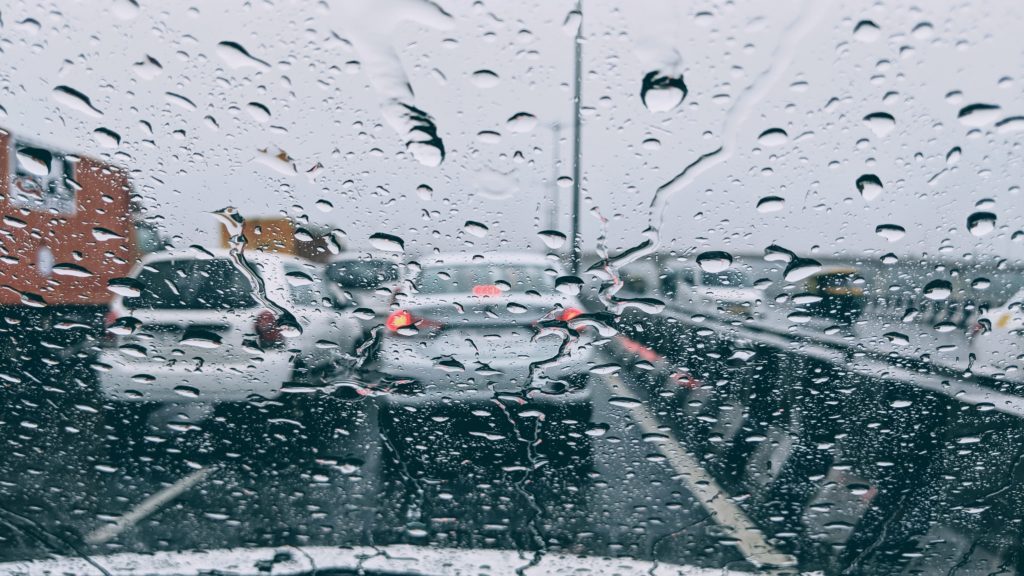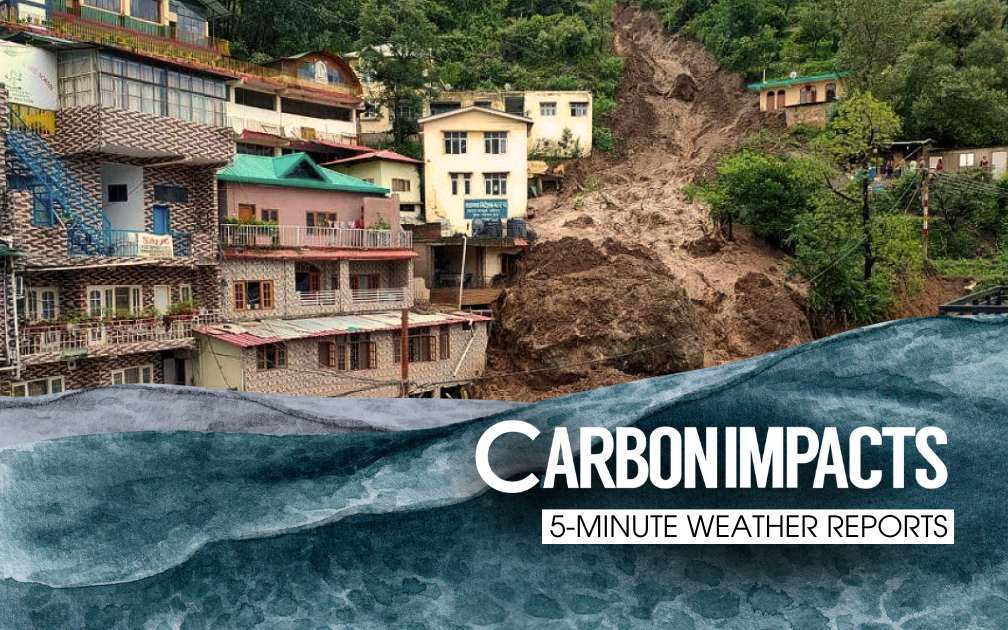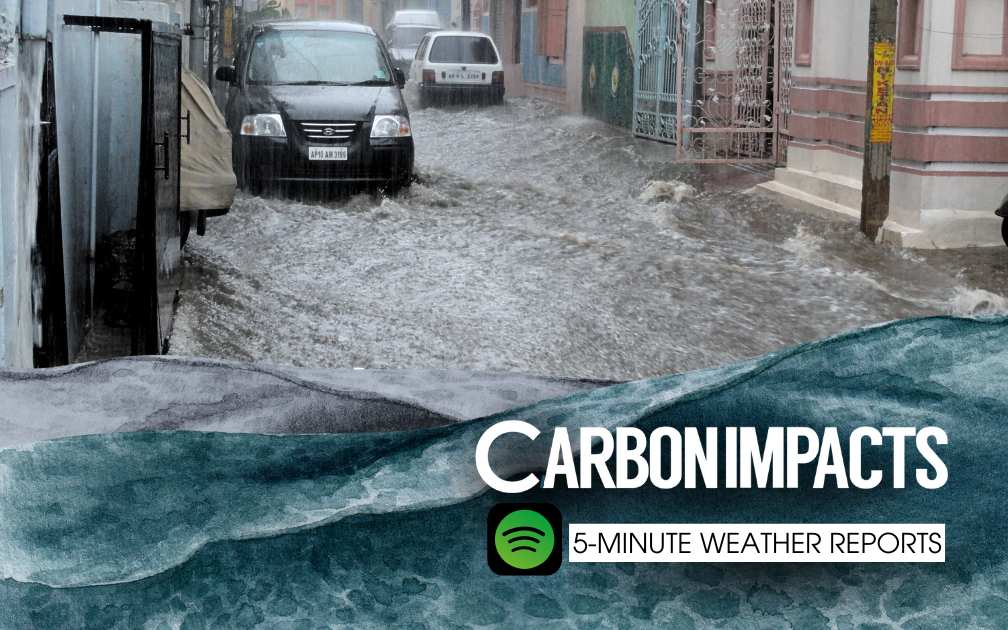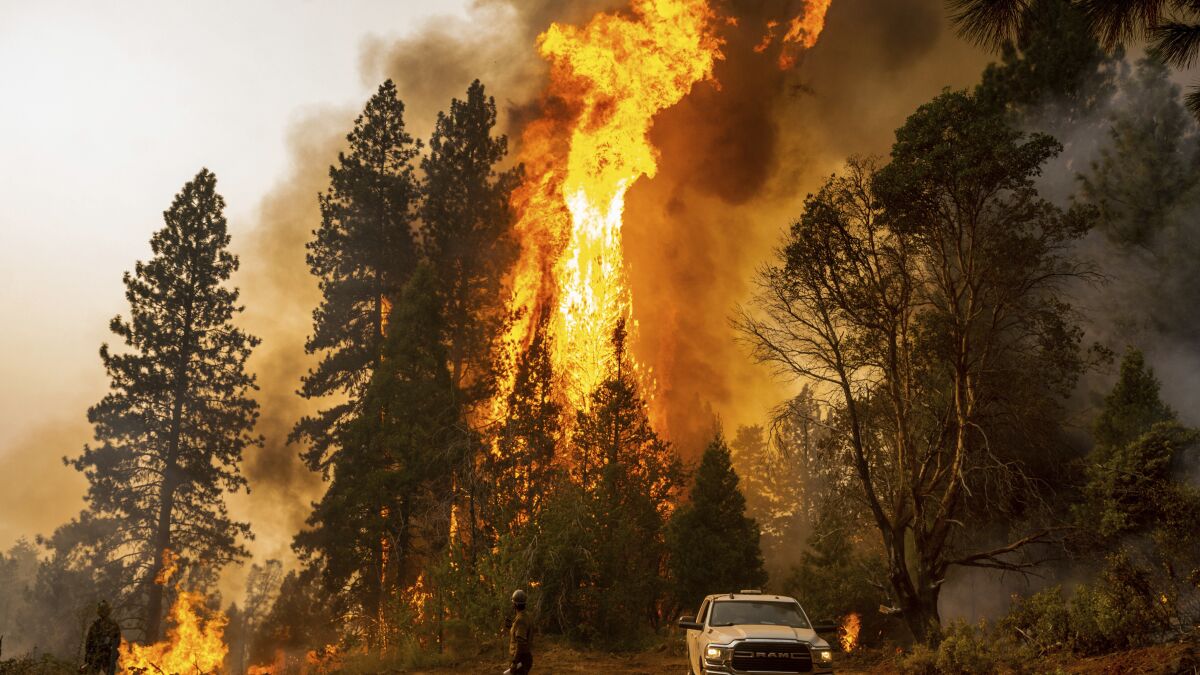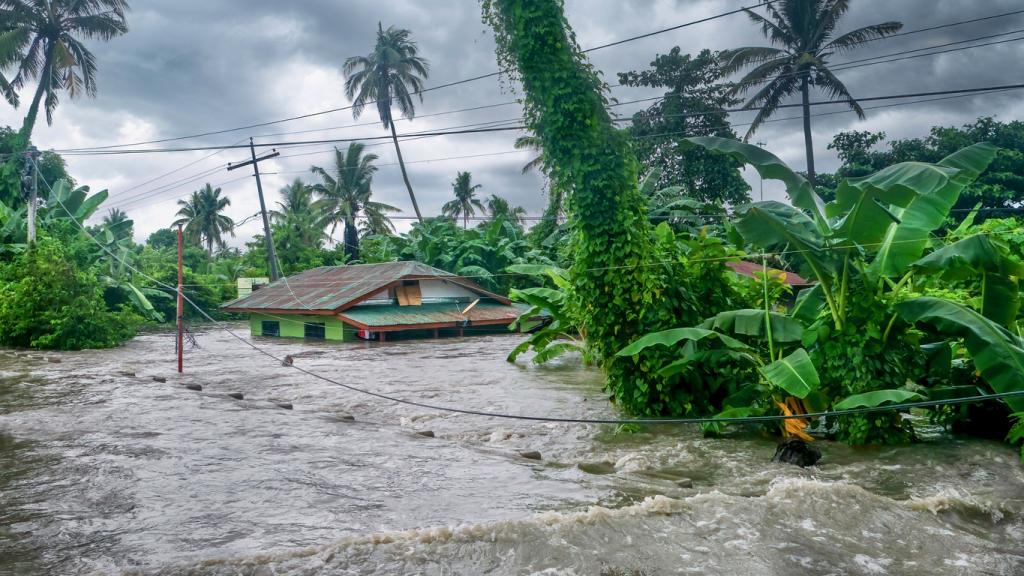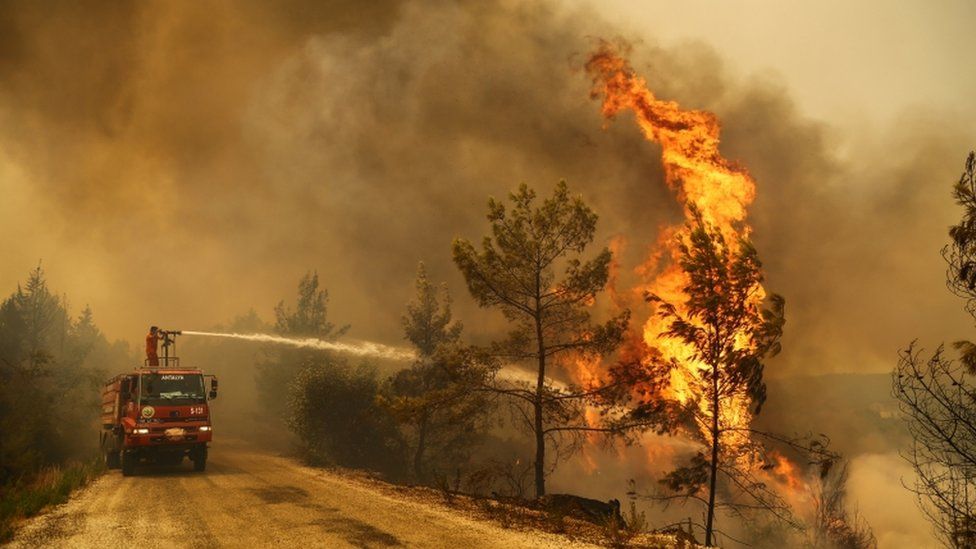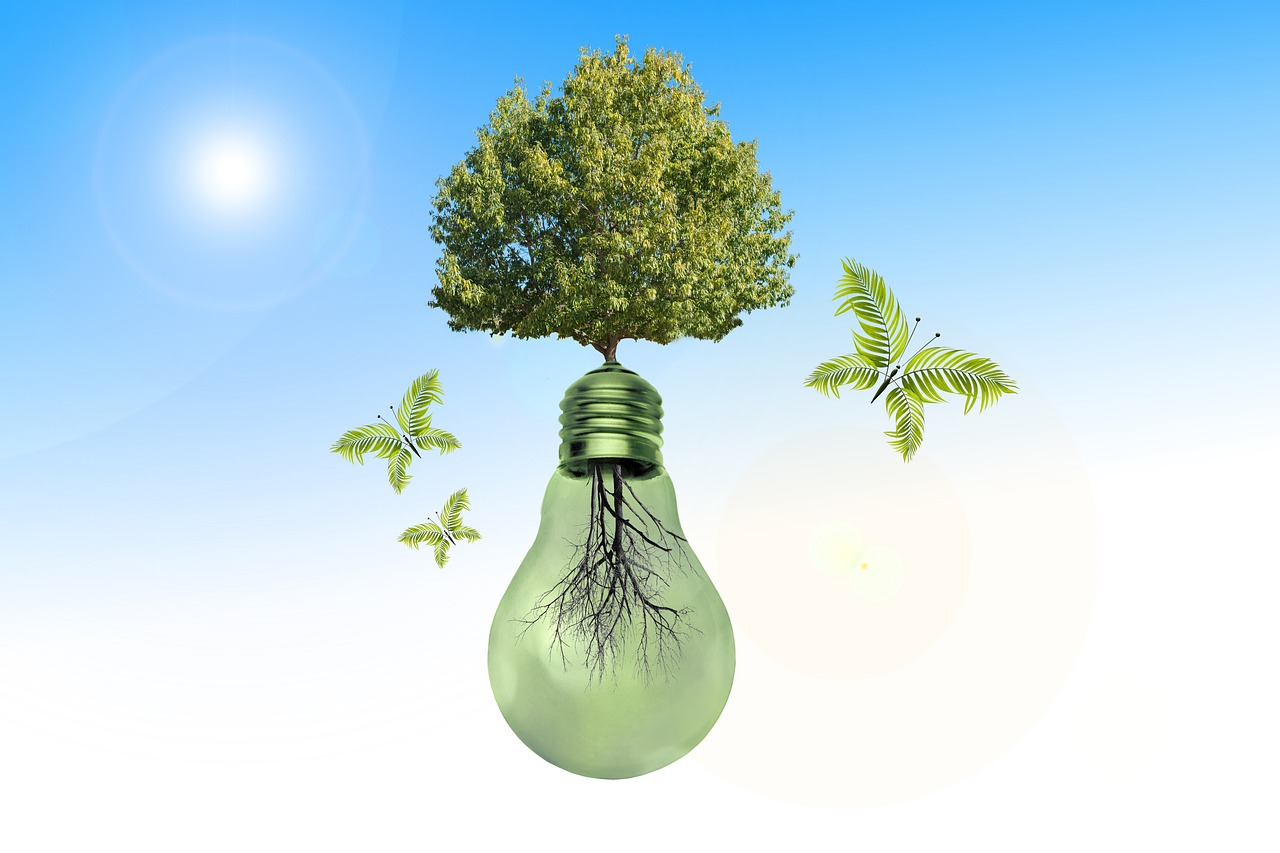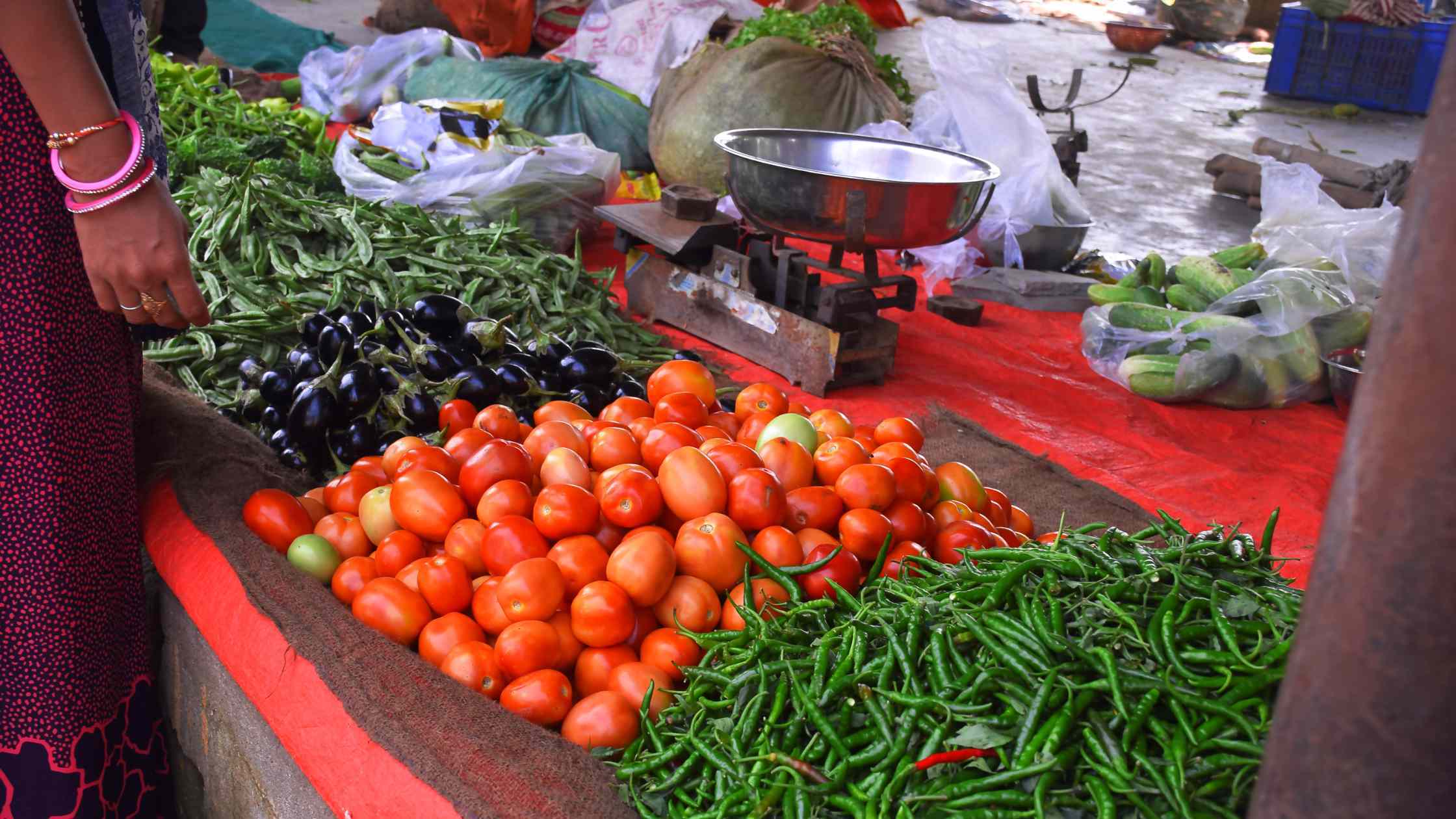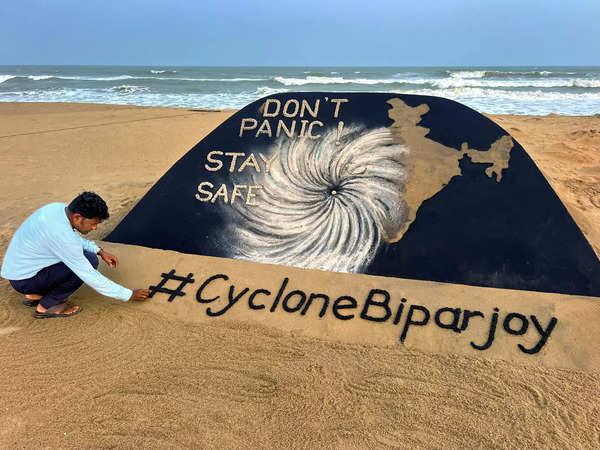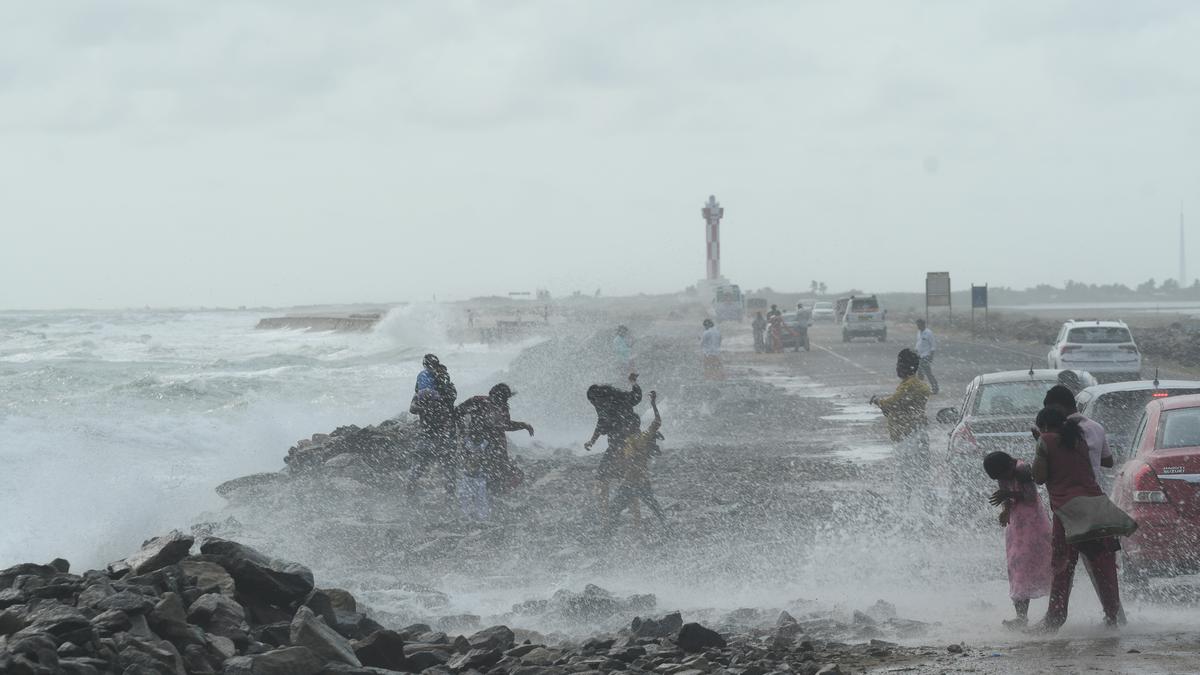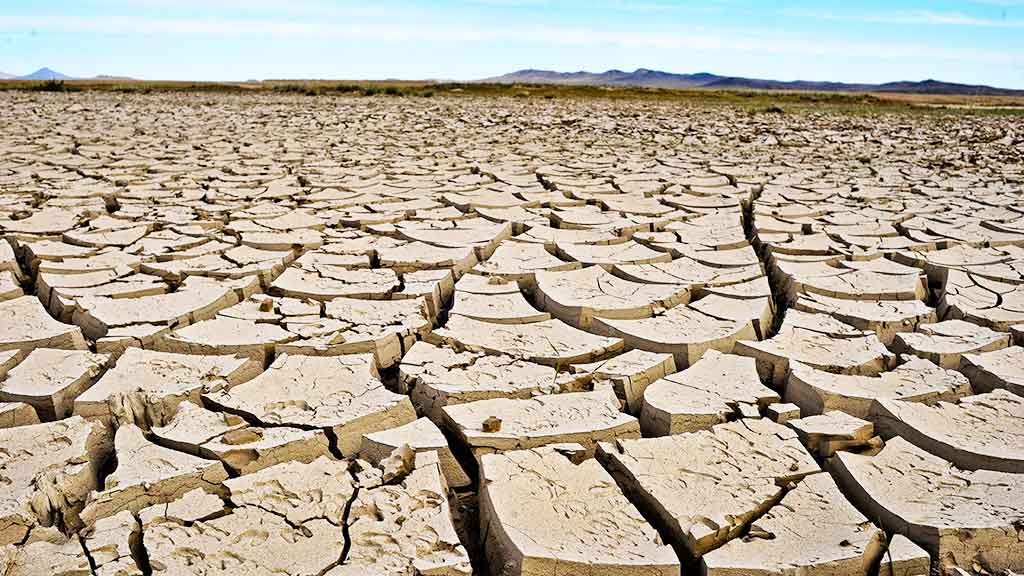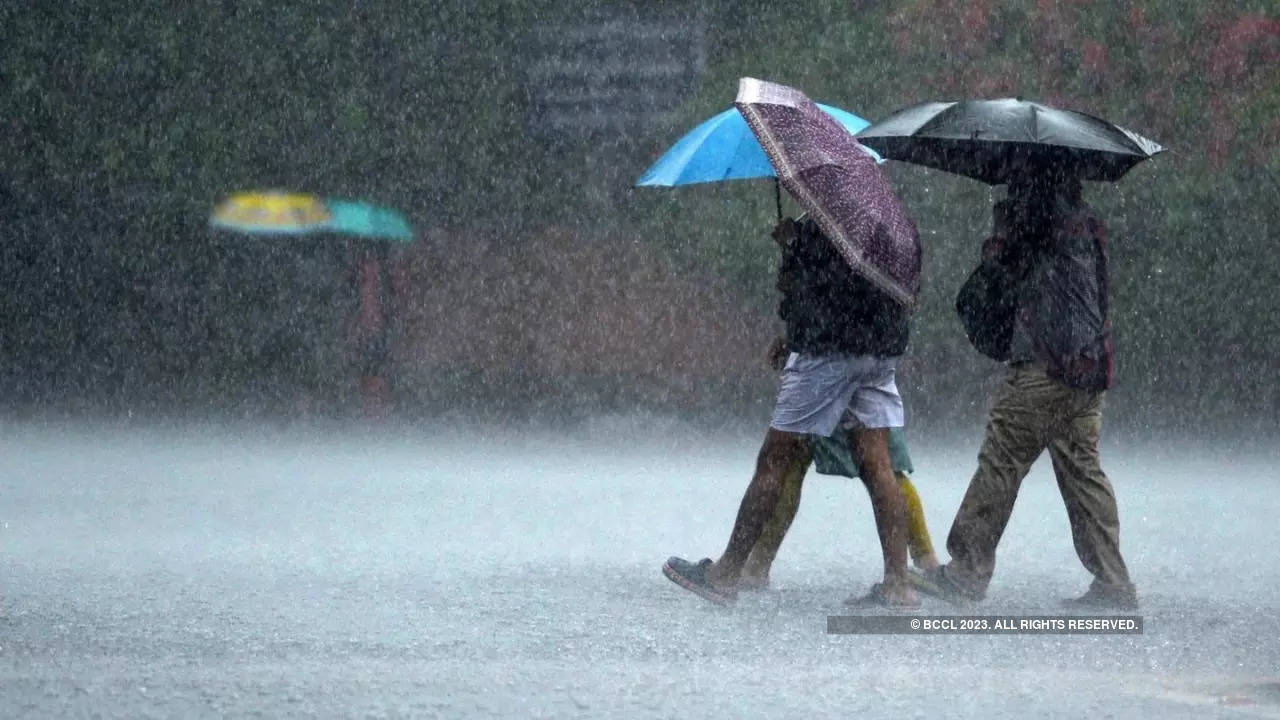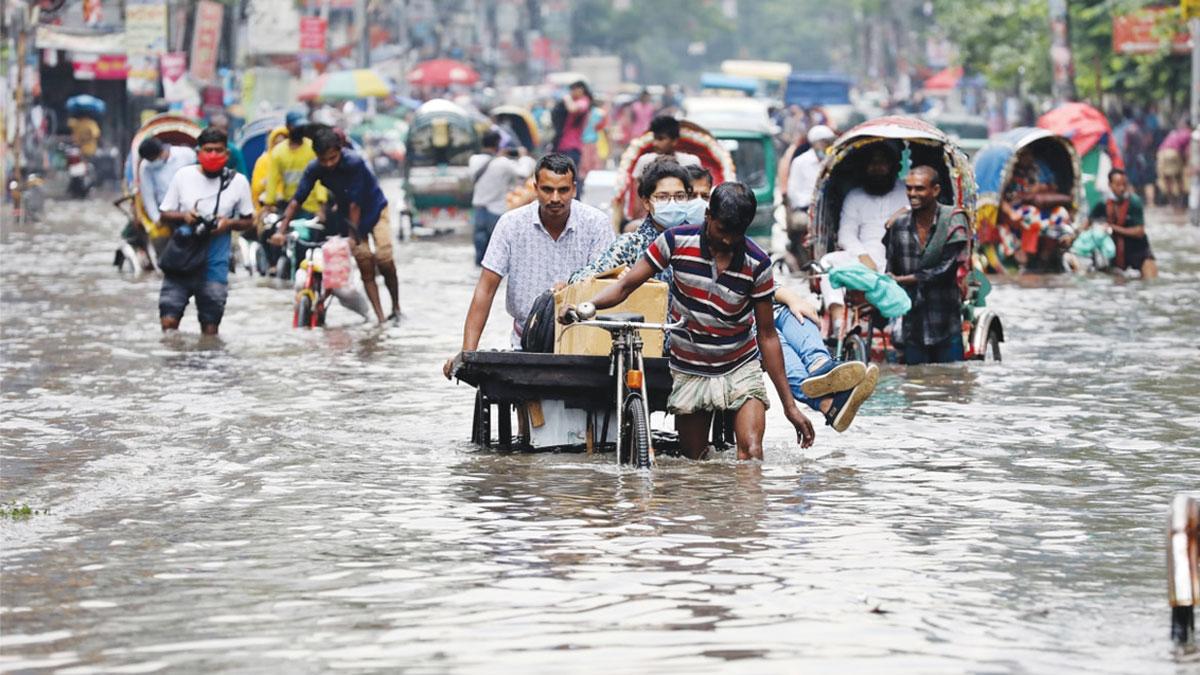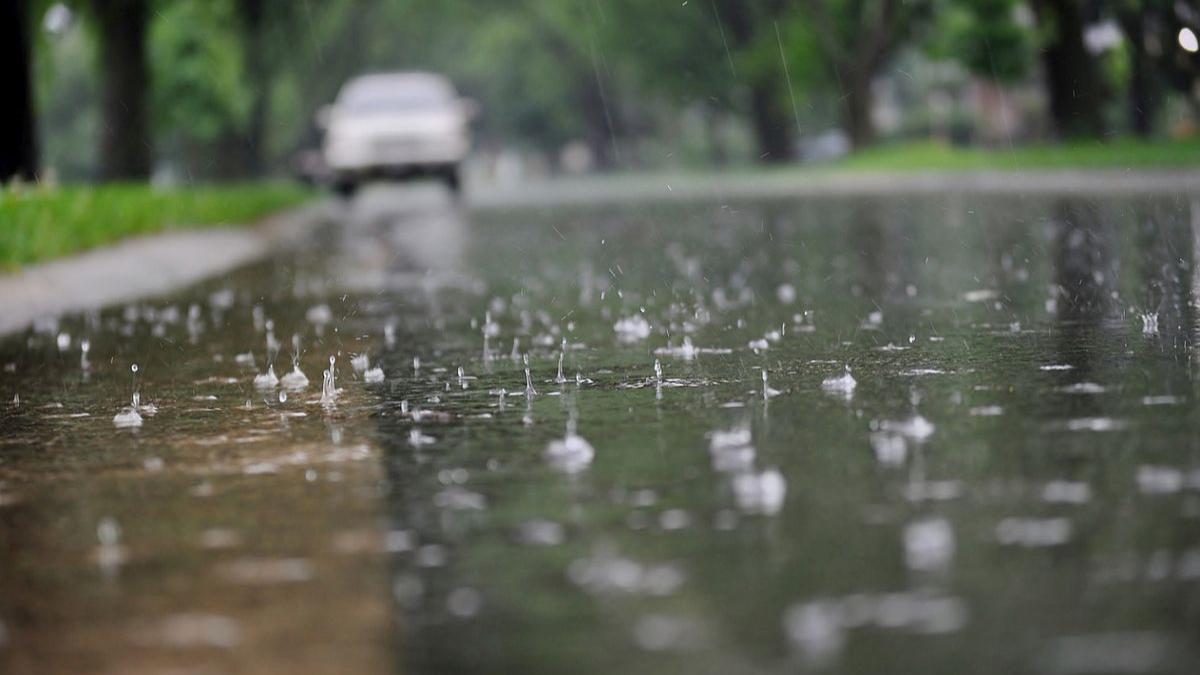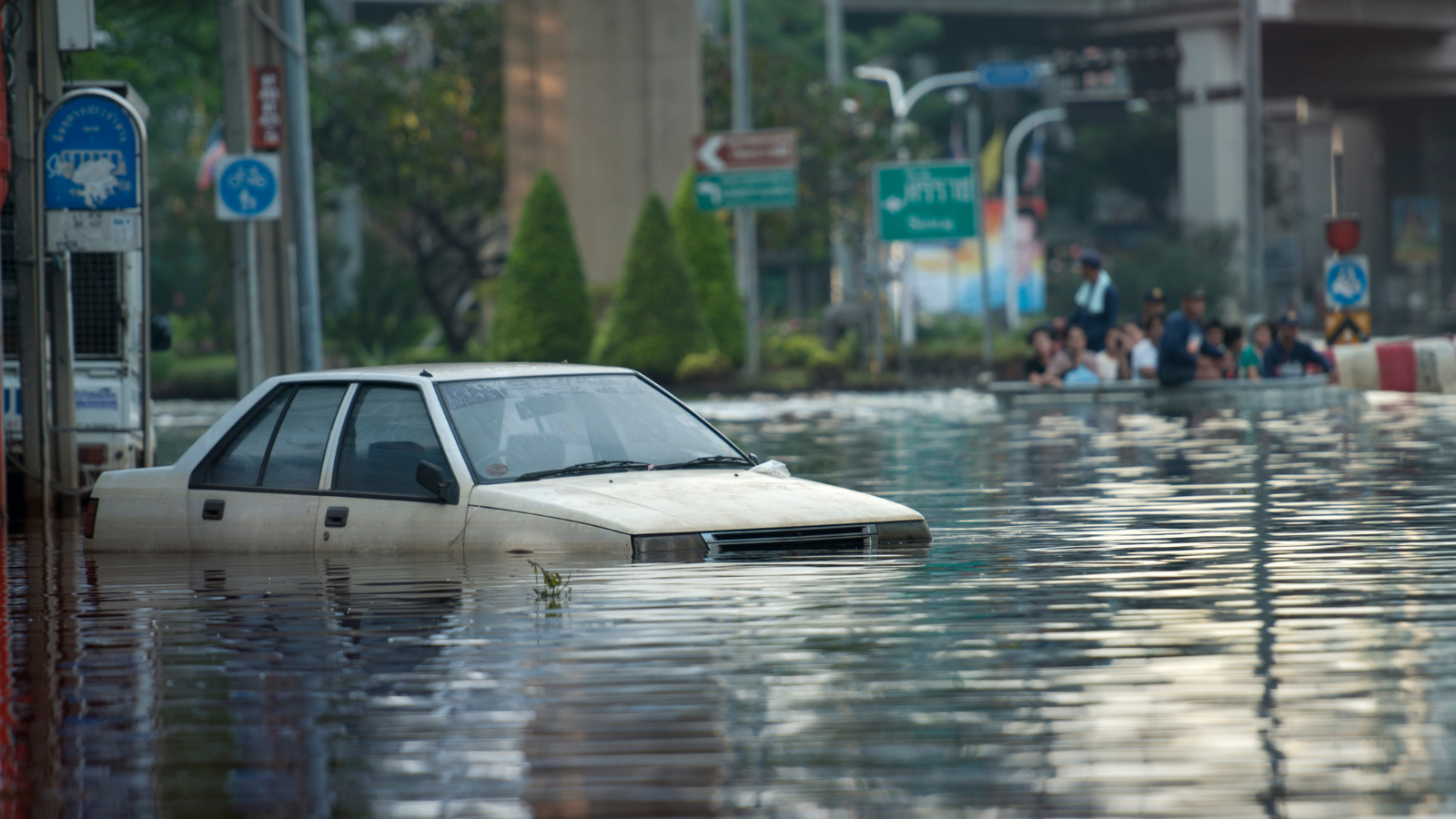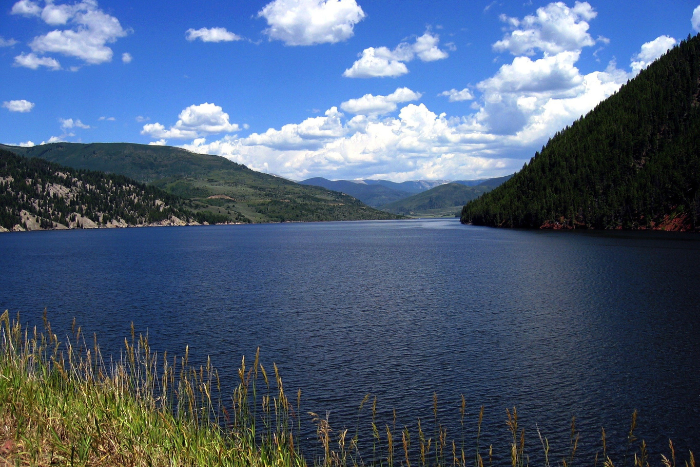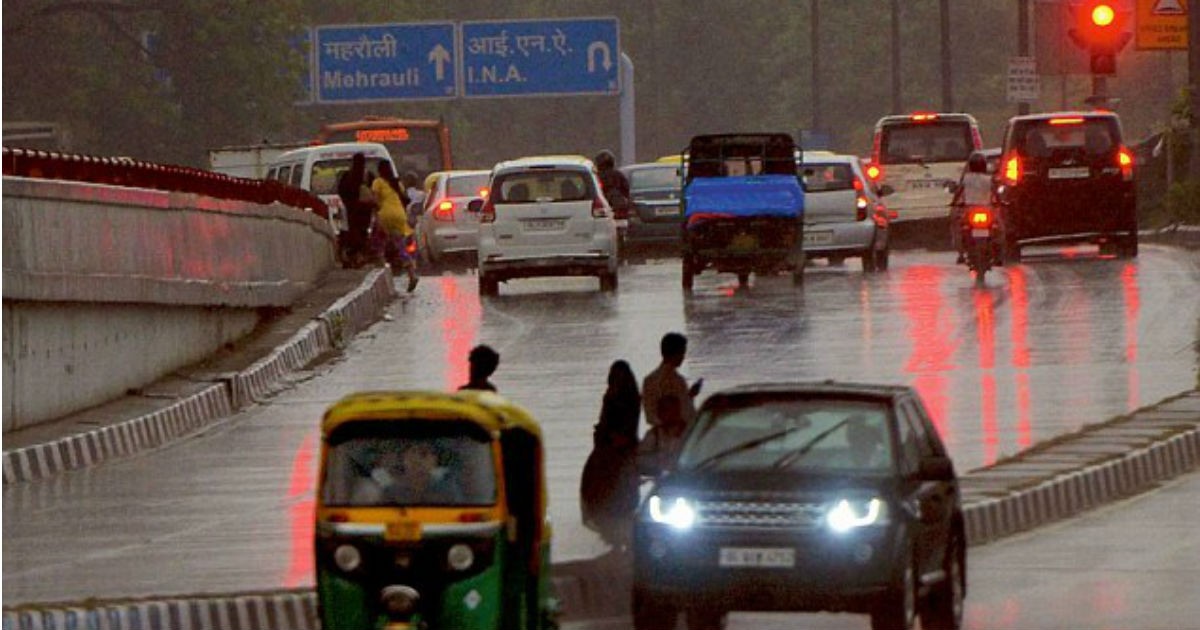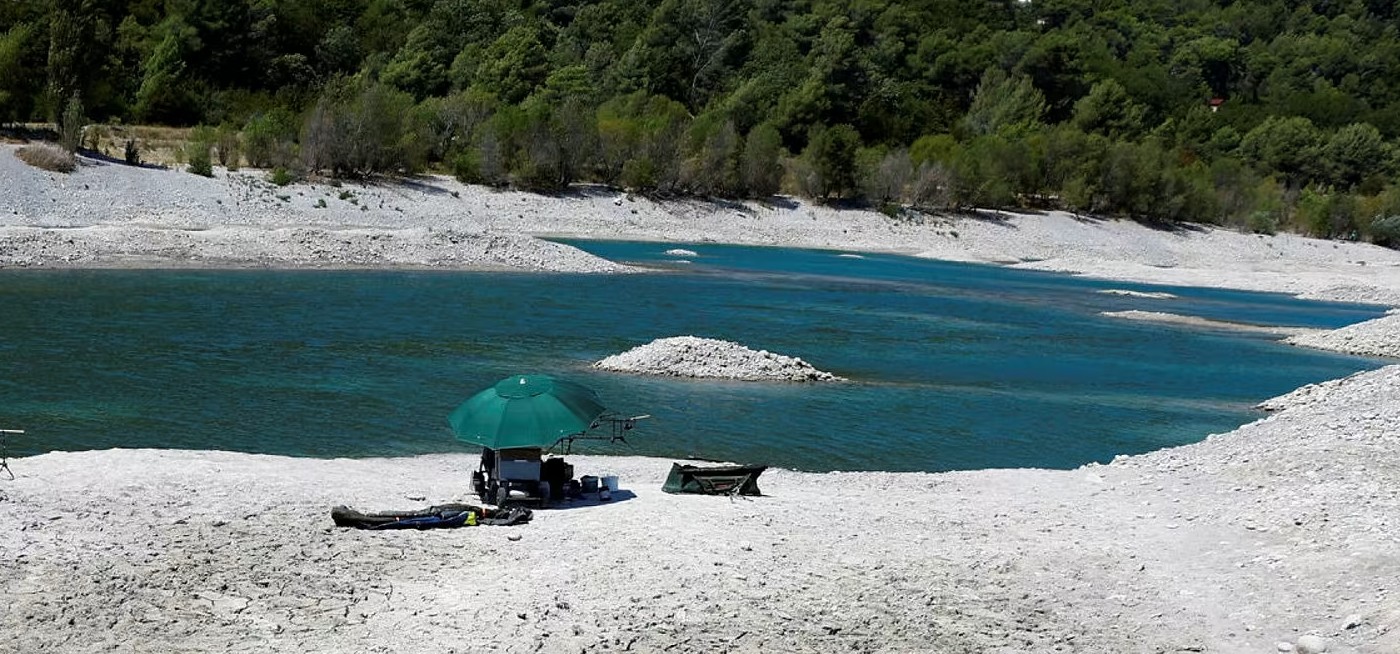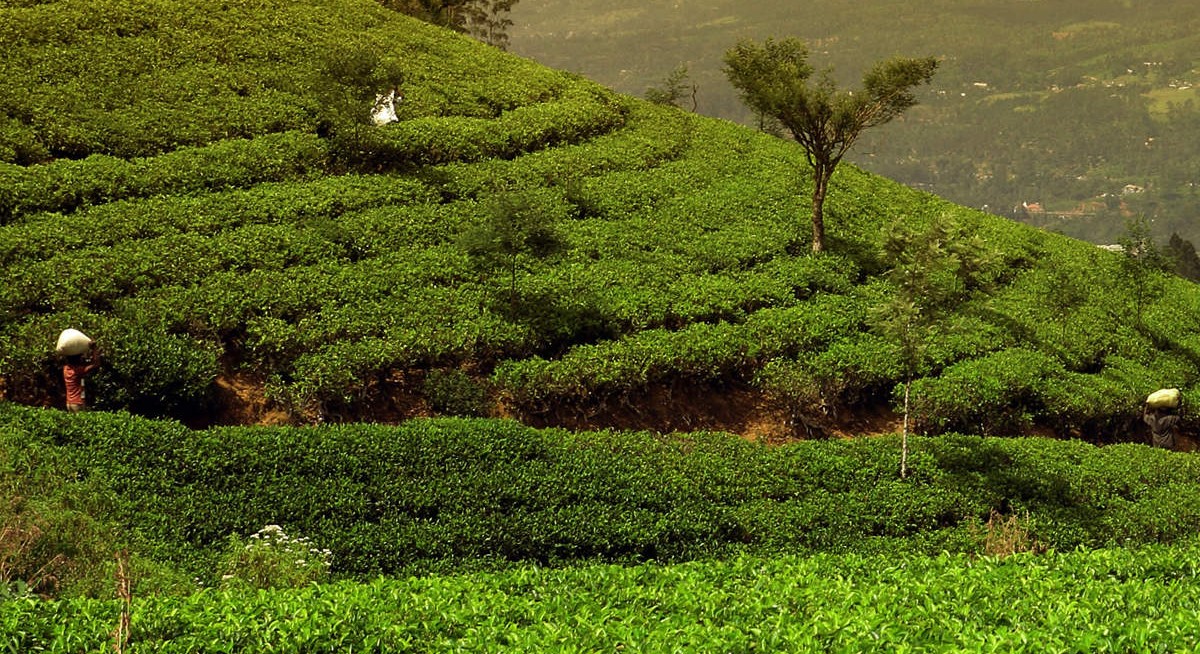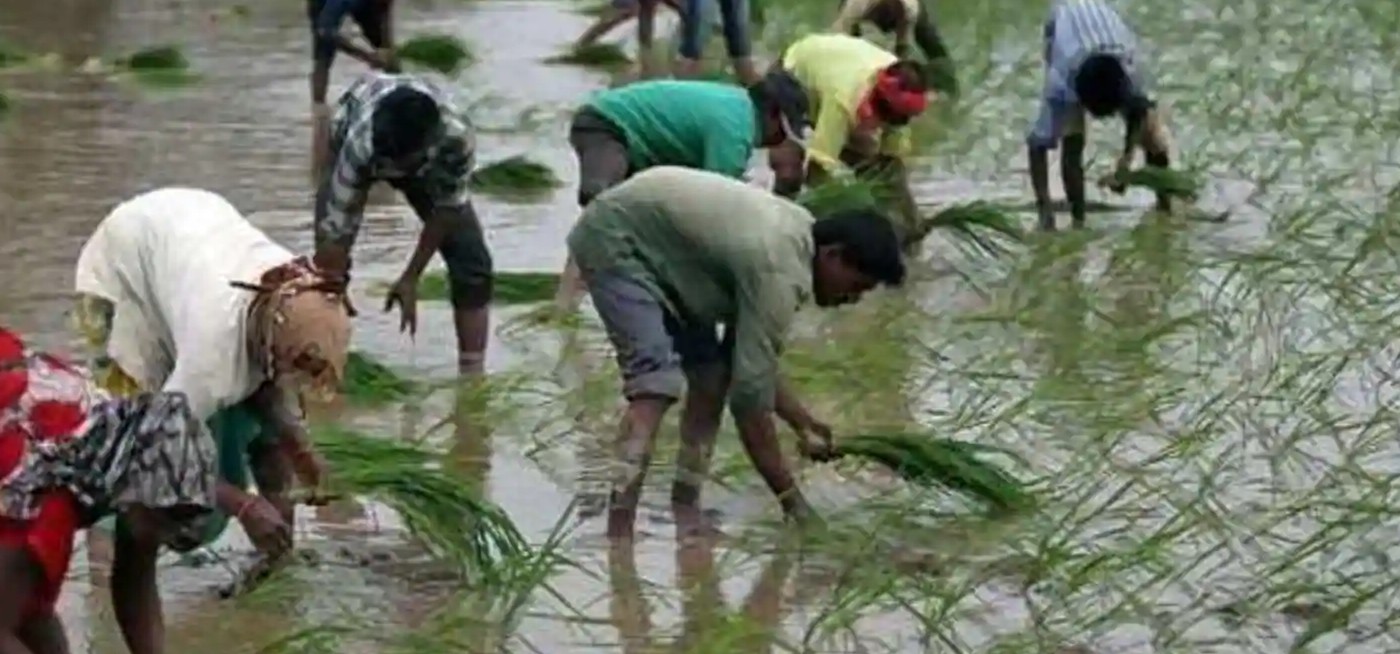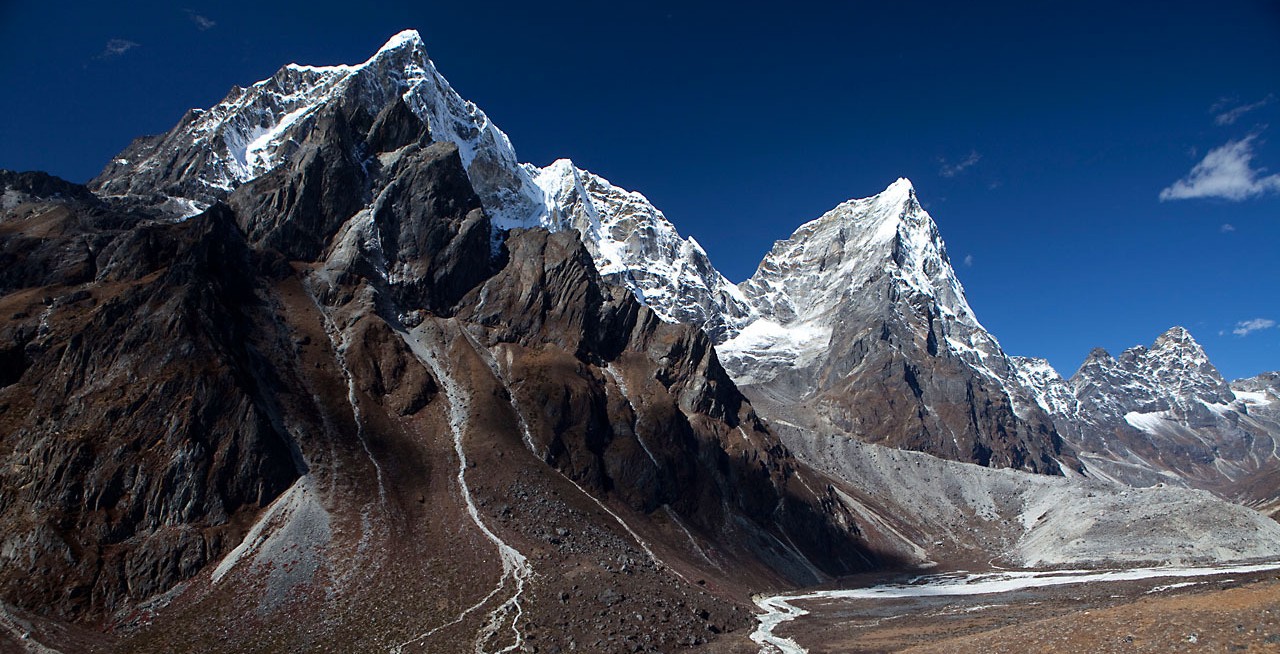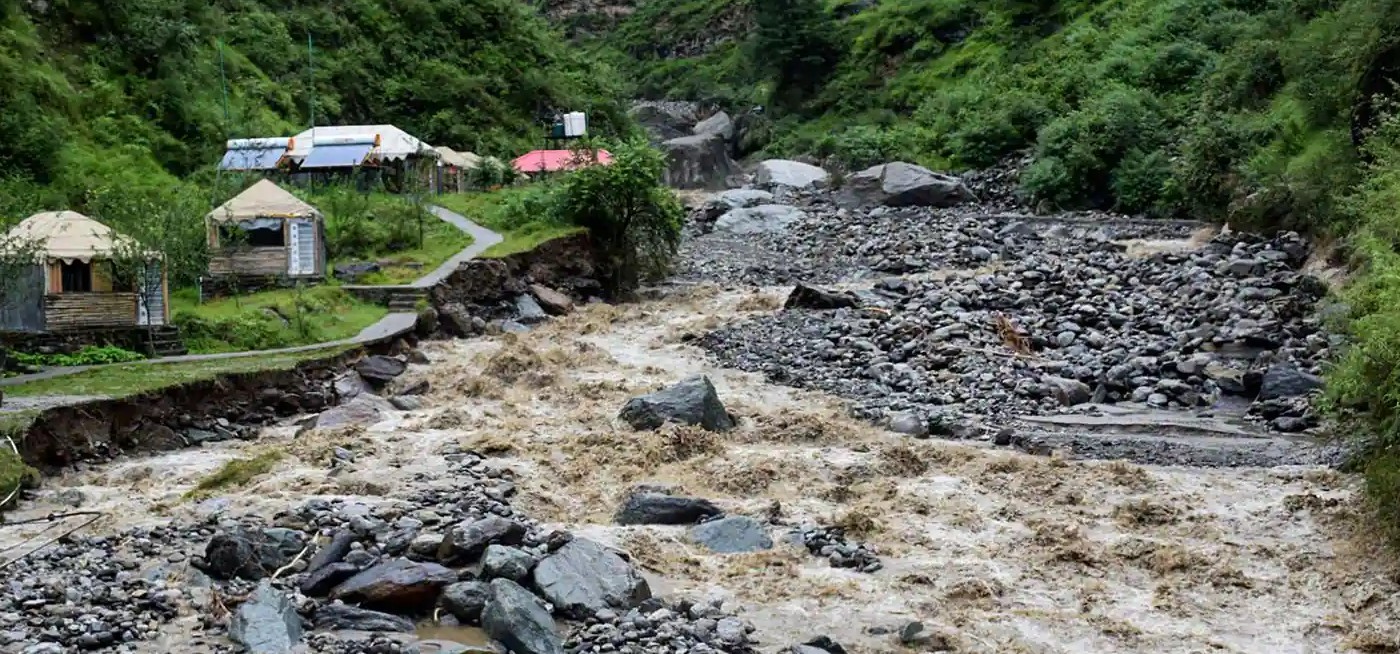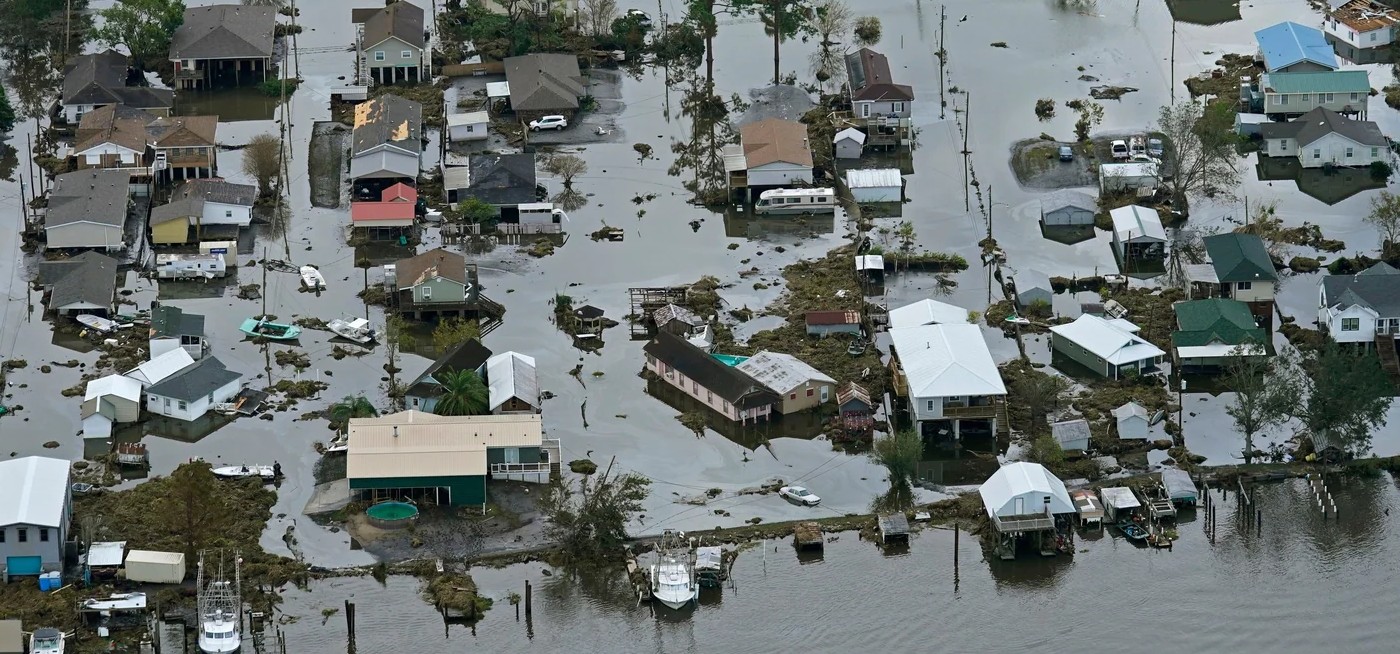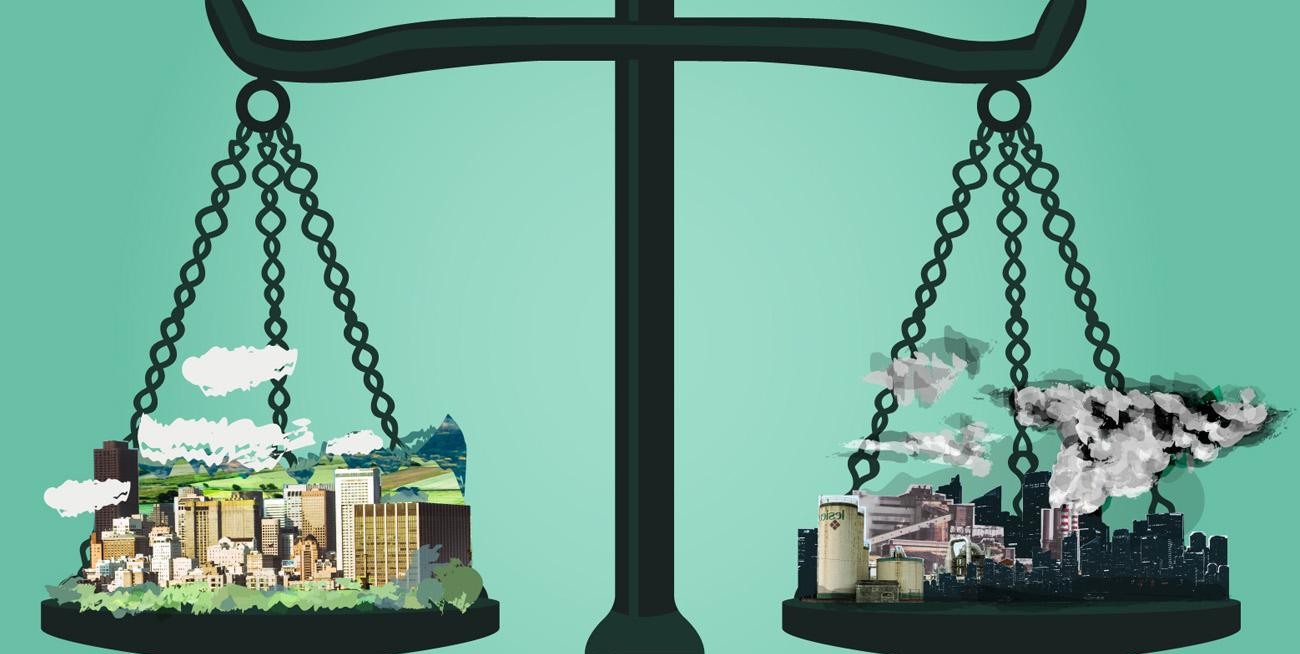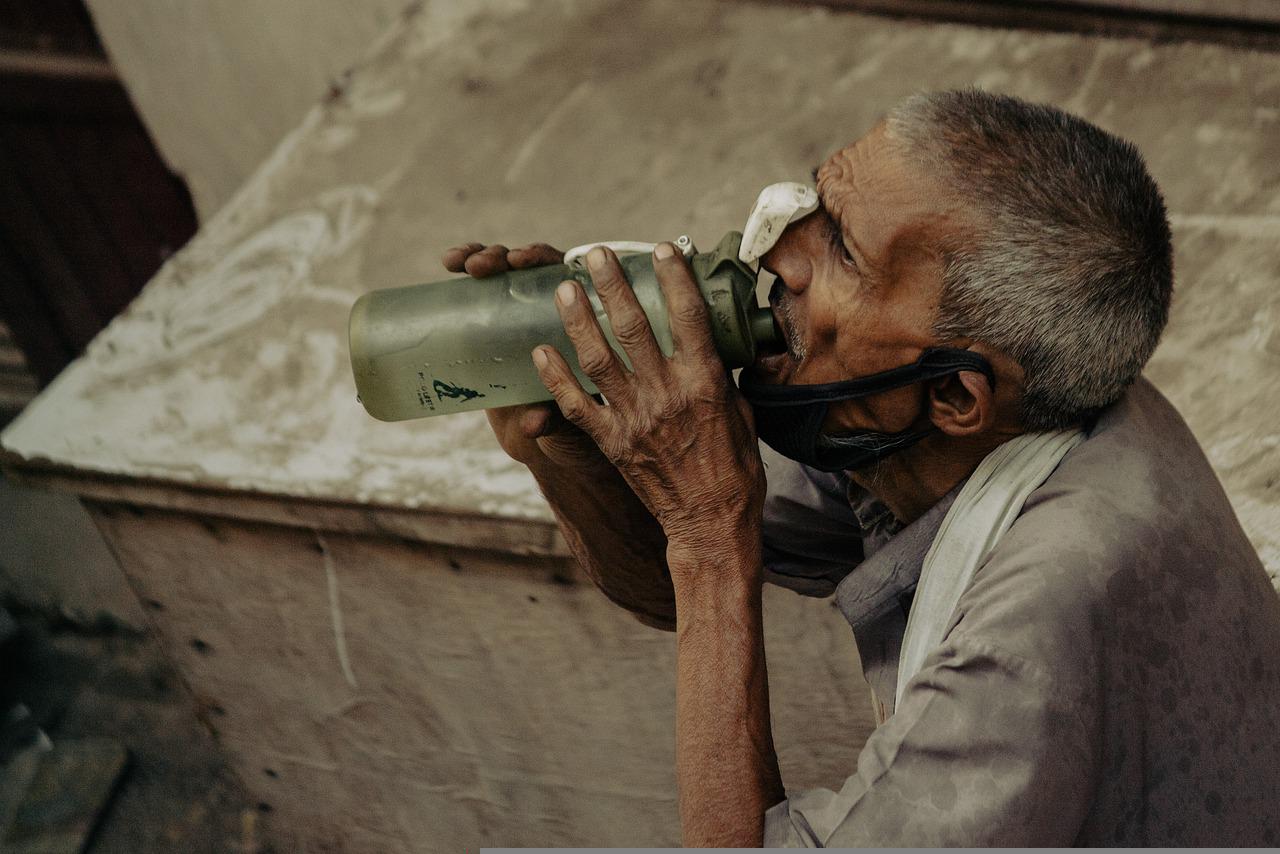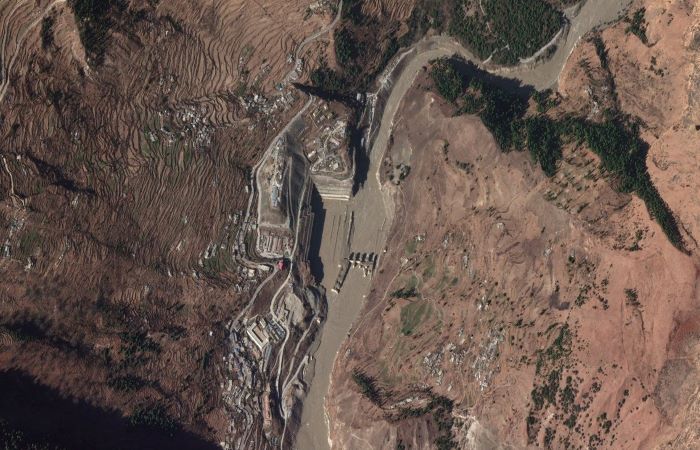#

Water, water, everywhere, not a drop to drink: Climate Change & India’s Water Stress
India is on the brink of a water crisis that could reshape life as we know it. Just as water makes up about 70% of our bodies, it’s also the lifeblood of our entire ecosystem and economy. Every aspect of our life depends on this critical resource that is under grave stress.
Ojas Khurana

Wayanad Floods: Insights from a Climate Change Perspective
Triggered by intense monsoon rains, the region faced devastating landslides that resulted in over 100 fatalities. Experts attribute the increasing frequency of such disasters to climate change, unplanned development, and the unique geographical features of the Western Ghats, which amplify rainfall effects
Kartiki Negi

From Amla to Turmeric: The Future of India's Medicinal Treasures
India is home to more than 8000 medicinal plants that are key ingredients of numerous home remedies. As temperatures rise, rainfall patterns shift and extreme weather events become more frequent, the delicate balance of India's forest ecosystems is being disrupted, putting the future of many medicinal species at risk.
Ojas Khurana
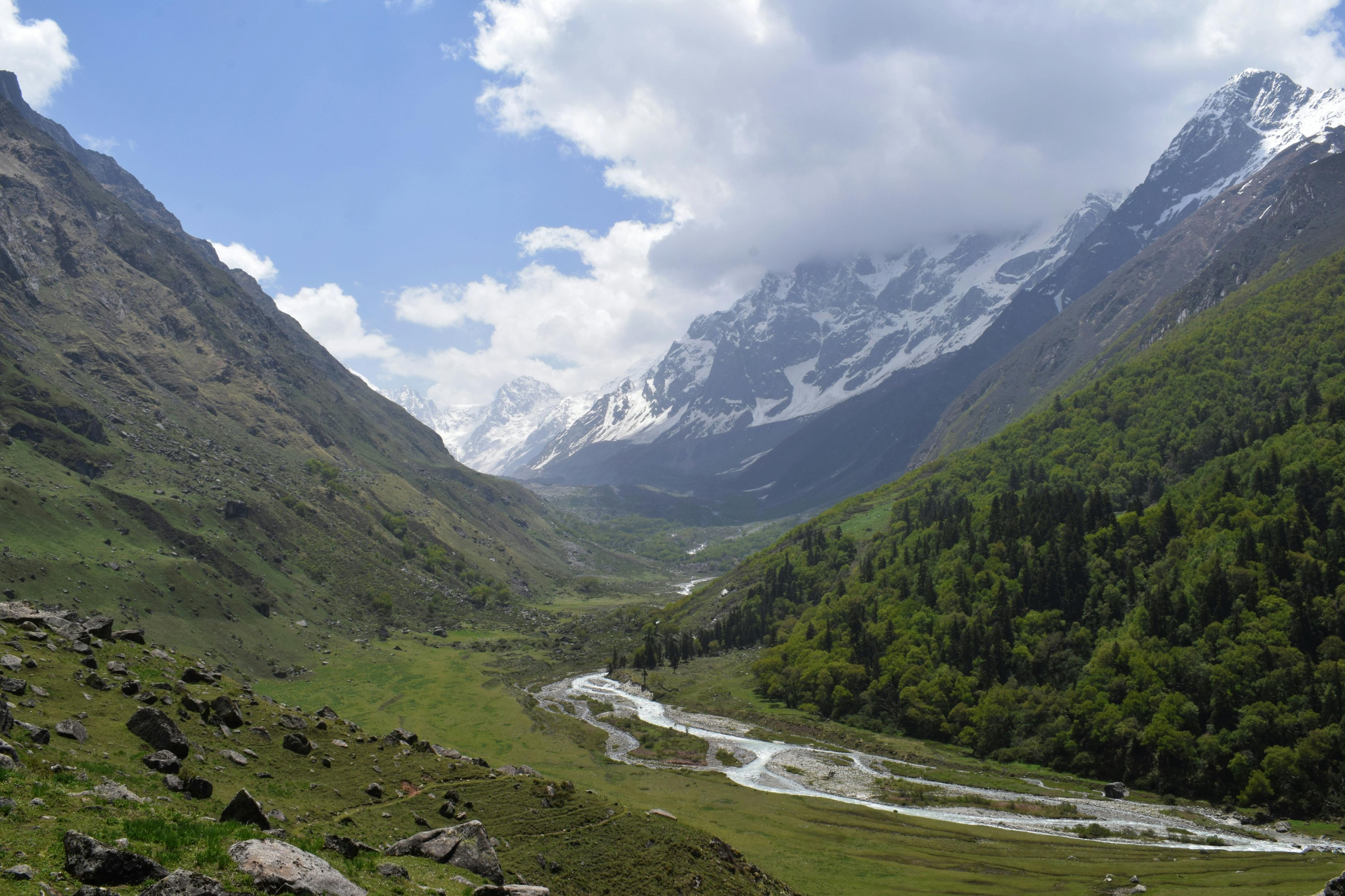
Climate Change Impacts: Uttarakhand breaks rainfall and heat records
Uttarakhand has witnessed extreme weather conditions over the last two months. While June witnessed record-breaking maximum temperatures, July has been witnessing spells of extremely heavy Monsoon rains triggering flash floods and landslides.
Editorial Team
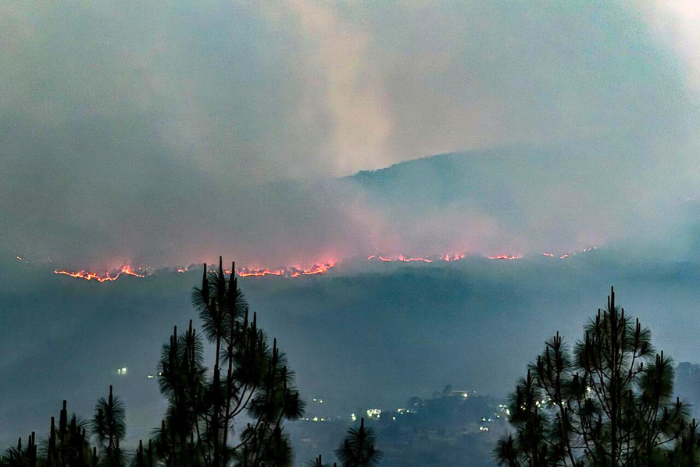
Is pine the real ‘villain’ in the Uttarakhand forest fire saga?
Even as the Uttarakhand govt blames the rapidly growing presence of pine for the uncontrolled forest fires in the region, the absence of fire lines, inadequate forest staff, climate-induced dry weather and inadequate rainfall also need to be acknowledged in order to find a sustainable solution to the issue, say experts
Hridayesh Joshi

Sleepless Nights: Climate change triggers warmer nights in India
As India continues to suffer a severe heatwave, new analysis shows that climate change added approximately 50 to 80 nights each year where the temperature exceeded 25°C, with serious impacts on sleep and health.
Kartiki Negi

Changing Horticultural Production in Uttarakhand
Once a leading producer of pear, peach, plum, and apricot and the third largest producer of high quality apples in the country, the yield of major fruit crops have plummeted significantly in Uttarakhand in the last seven years.
Editorial Team

Under Pressure: Olympic Athletes Compete Against Extreme Heat
Athletes face significant challenges due to extreme heat, with climate change threatening the sustainability of global sports. Rising temperatures and poor air quality impact athlete performance and safety, underscoring the urgent need for climate action to protect the future of sporting events.
Ojas Khurana

Brought to a Boil: The Climate Crisis of the Indian Ocean
The Indian Ocean is heating up rapidly due to climate change. This has extreme consequences for marine ecosystems, coastal communities, and more. Surrounded by 40 nations and encompassing a third of the world's population, the Indian Ocean region plays a crucial role in global climate dynamics.
Ojas Khurana
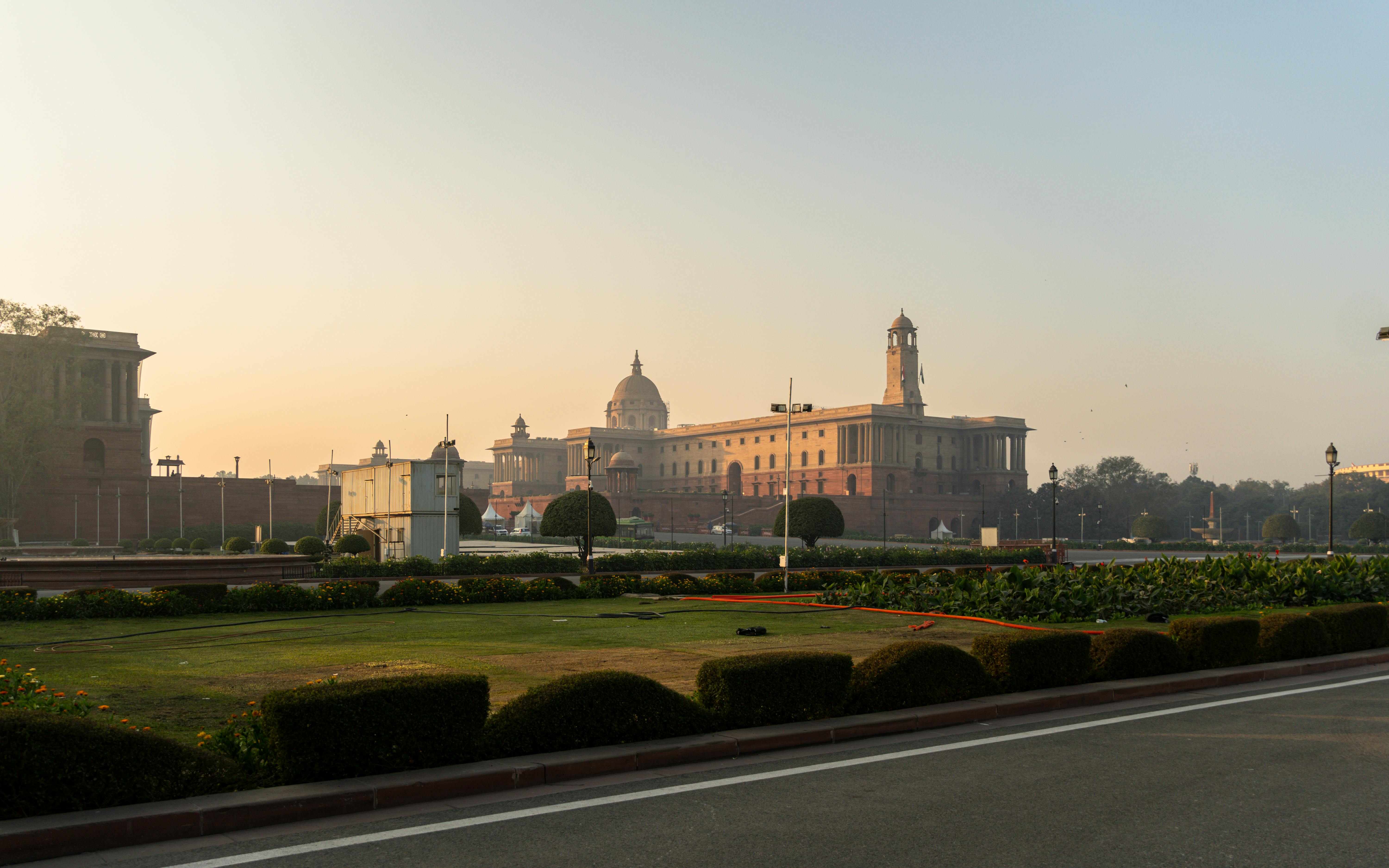
Will Climate Change allow India to hold another summer elections?
The voting is taking place in seven phases between April 19 and June 1 where nearly 97 crores people are expected to exercise their voting rights. As Elections enter the key phase at the beginning of May, the temperatures have also started peaking.
Editorial Team
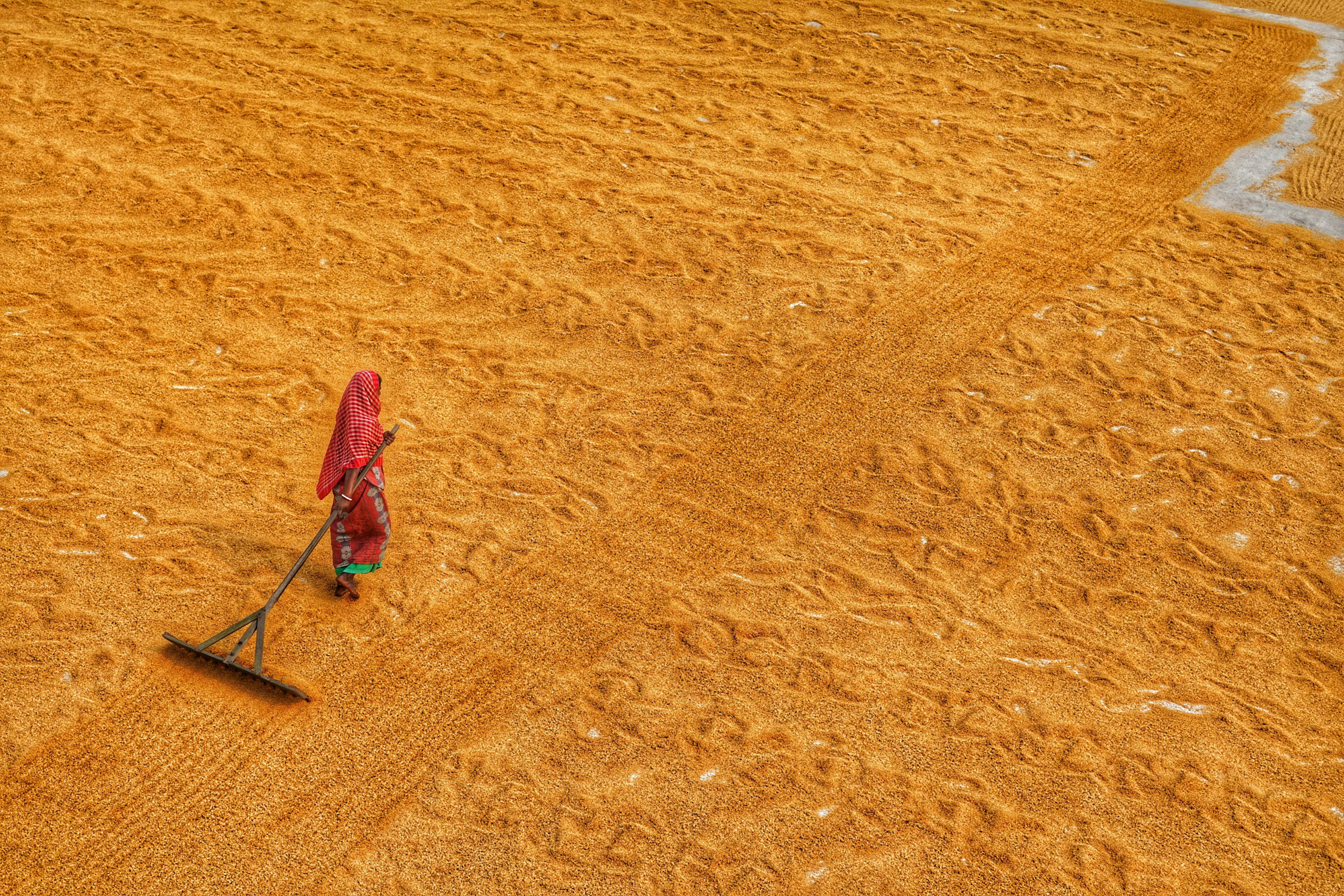
2024 General Elections: Opportunity to advance sustainable and resilient agri-food transition
Scientific studies reveal that erratic climate patterns are severely diminishing crop yields in India, threatening farmers' livelihoods and the nation's nutritional security, urging a shift towards a sustainable and equitable agricultural system.
Roopam Shukla
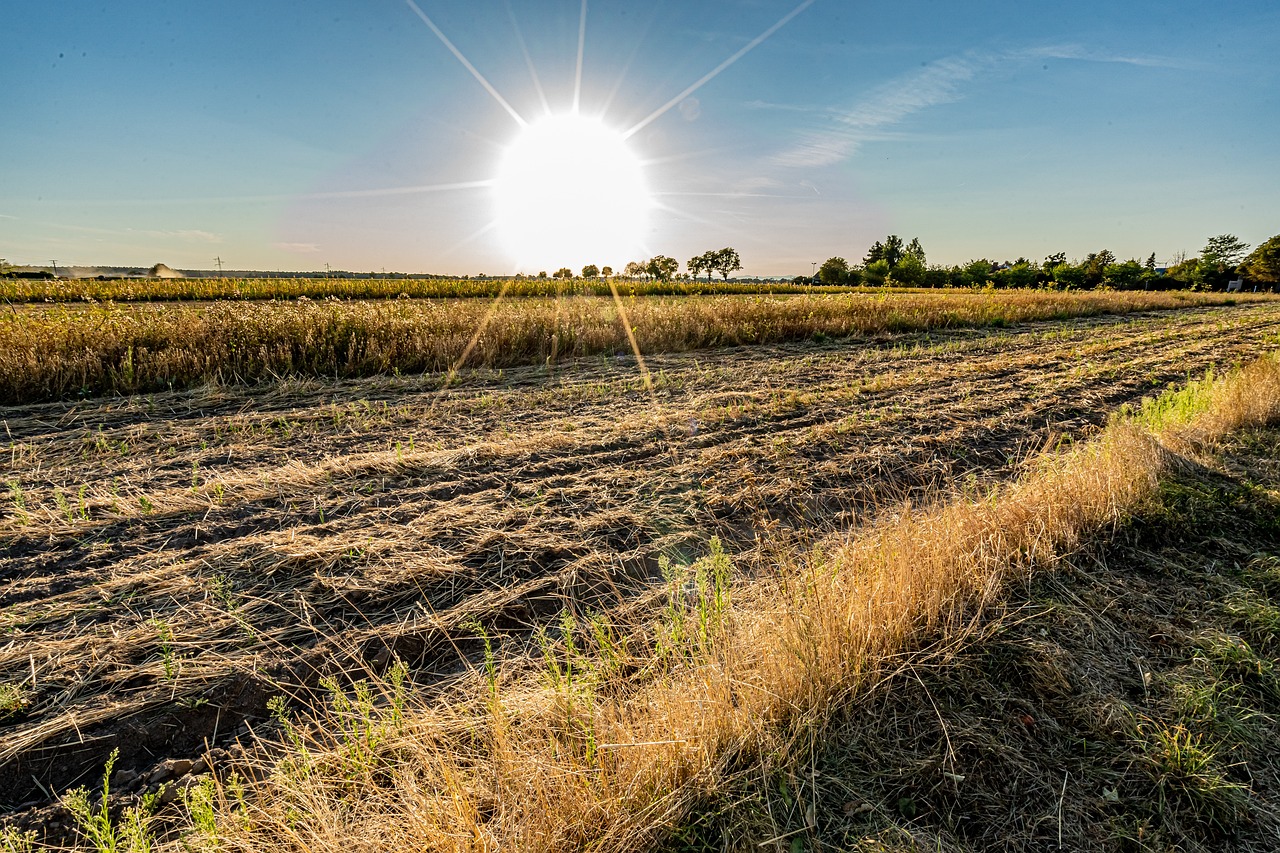
How To Better Adapt To Heatwaves In This Warming World
A recent study highlighted the impact of heatwaves on public health, agriculture, and other socio-economic and cultural systems that can hinder or reverse the country’s progress in fulfilling sustainable development goals (SDGs)
Editorial Team
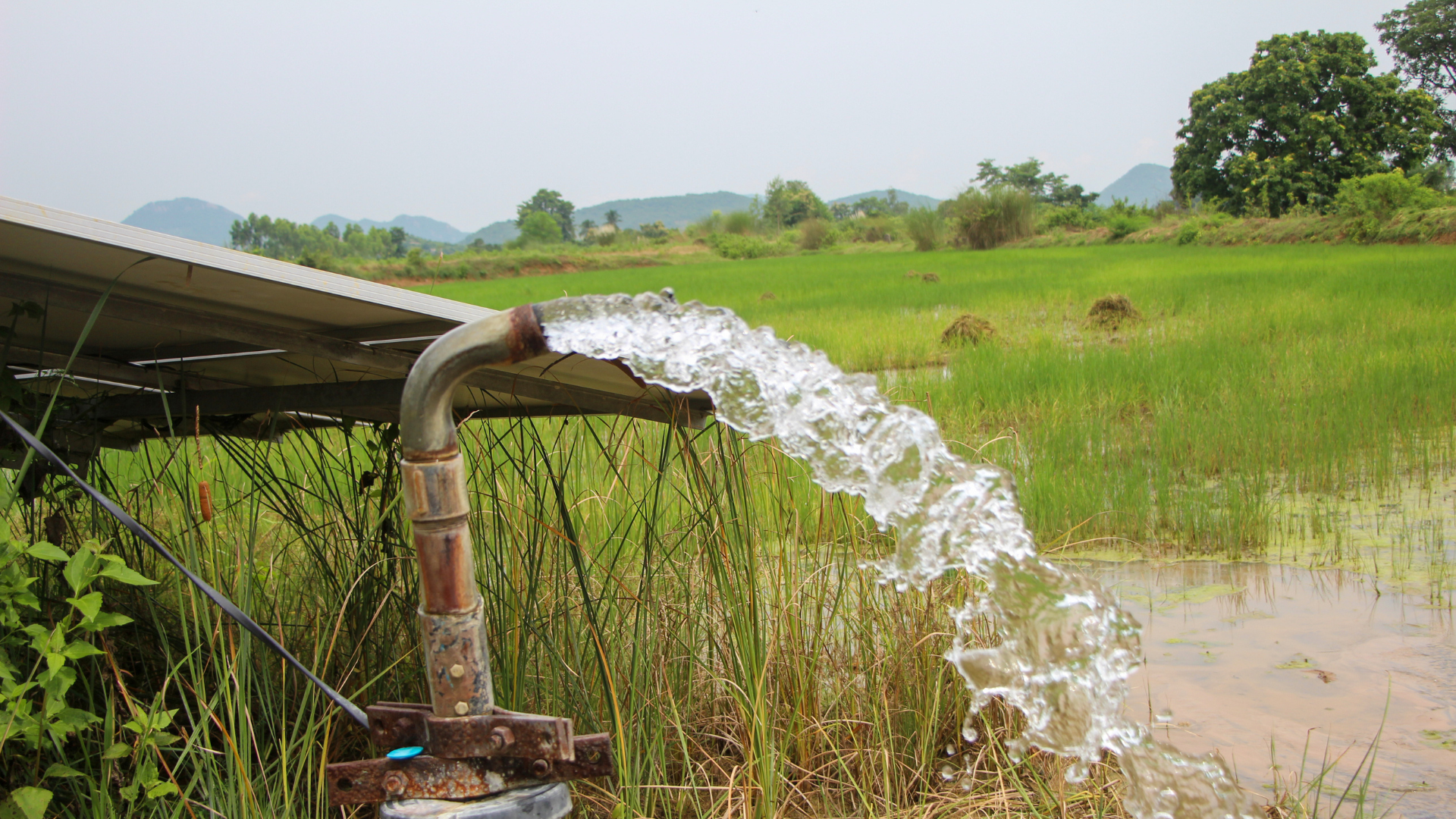
India’s Water Crisis Ahead of 1.5 Degree Warming World: A Portent of Disaster to Come
Addressing the ramifications of the crisis and the necessity for a comprehensive strategy for India’s water resource management is crucial for a scorching summer ahead. Can political parties make this an election agenda?
Anjal Prakash

Premature blooming alters buransh flower benefits
Amidst the treasures of Uttarakhand is its state tree flower, the Buransh, scientifically known as Rhododendron. Climate change is causing warmer and shorter winters which has ultimately led to the untimely flowering of the famous flower.
Editorial Team
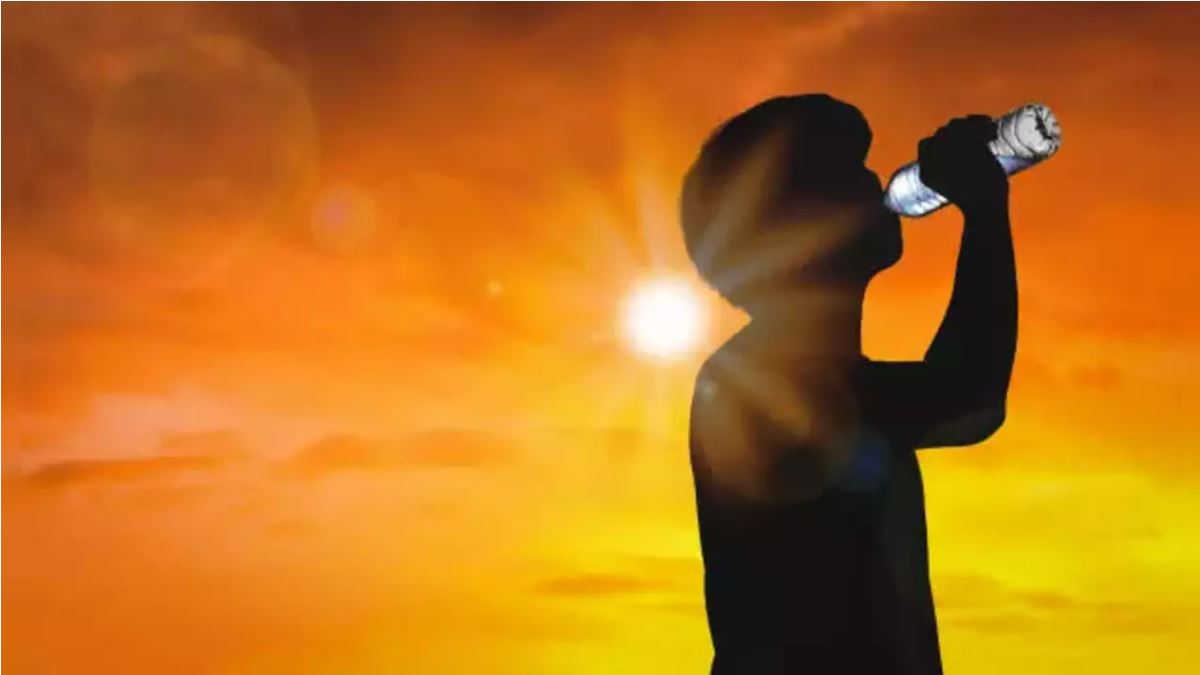
El Nino, Global Warming: South India may be hit by early and intense heatwaves
Early and intense heatwaves may hit the southern part of the county as it falls in the region under combined impact of heightened temperatures exacerbated by global warming and ongoing El Nino in the Pacific Ocean
Editorial Team
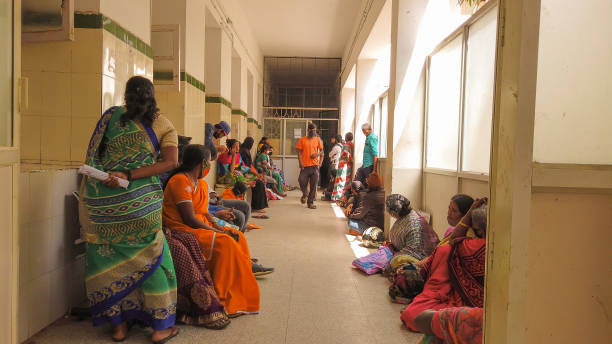
Climate change puts one of every 10 Indian hospitals at risk of fully or partially shut down: Study
According to a report, 2700 of the country’s 53,473 hospitals are already at high risk of partial or complete shutdown from extreme weather events.
Editorital Team
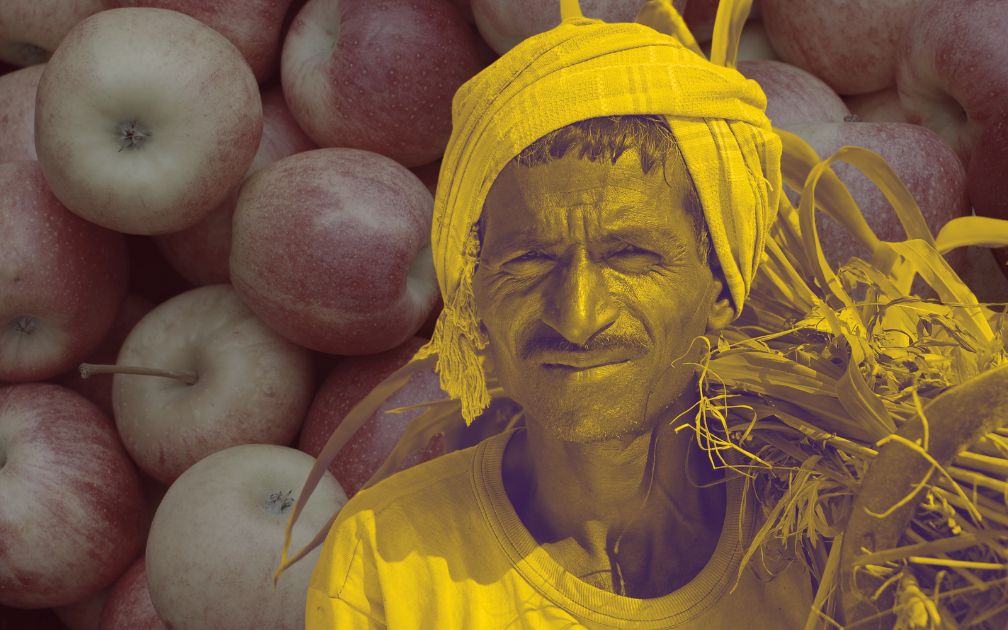
Unveiling the Toll: A Closer Look at India's Agriculture and Climate Impact (Part 2)
Climate change's fingerprints on Indian agriculture and the complexities of extreme weather, humidity impacts, and rising temperatures on crop productivity, farmer perceptions, and rural communities' resilience.
Editorial Team

Developing nations will struggle to improve living standards while curbing emissions: Study
A new study revealed that emerging economies would face challenges in improving their living standards while stabilising their carbon dioxide (CO2) emissions in a bid to meet net-zero goals.
Editorial Desk
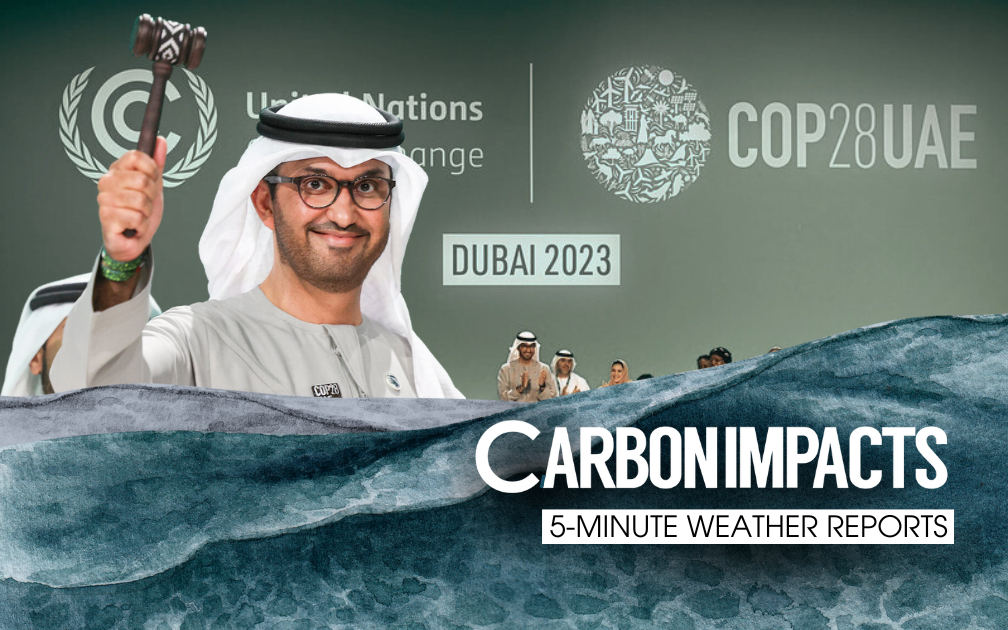
Counting the Costs: Unpacking COP28's Loss and Damage Fund | 🎙️ 5-Min Climate-Weather Report
In this episode, we unpack the COP28's groundbreaking decision — establishing a Loss and Damage Fund. As extreme weather events wreak havoc worldwide, vulnerable nations bear the brunt of escalating climate impacts.
Carbon Impacts
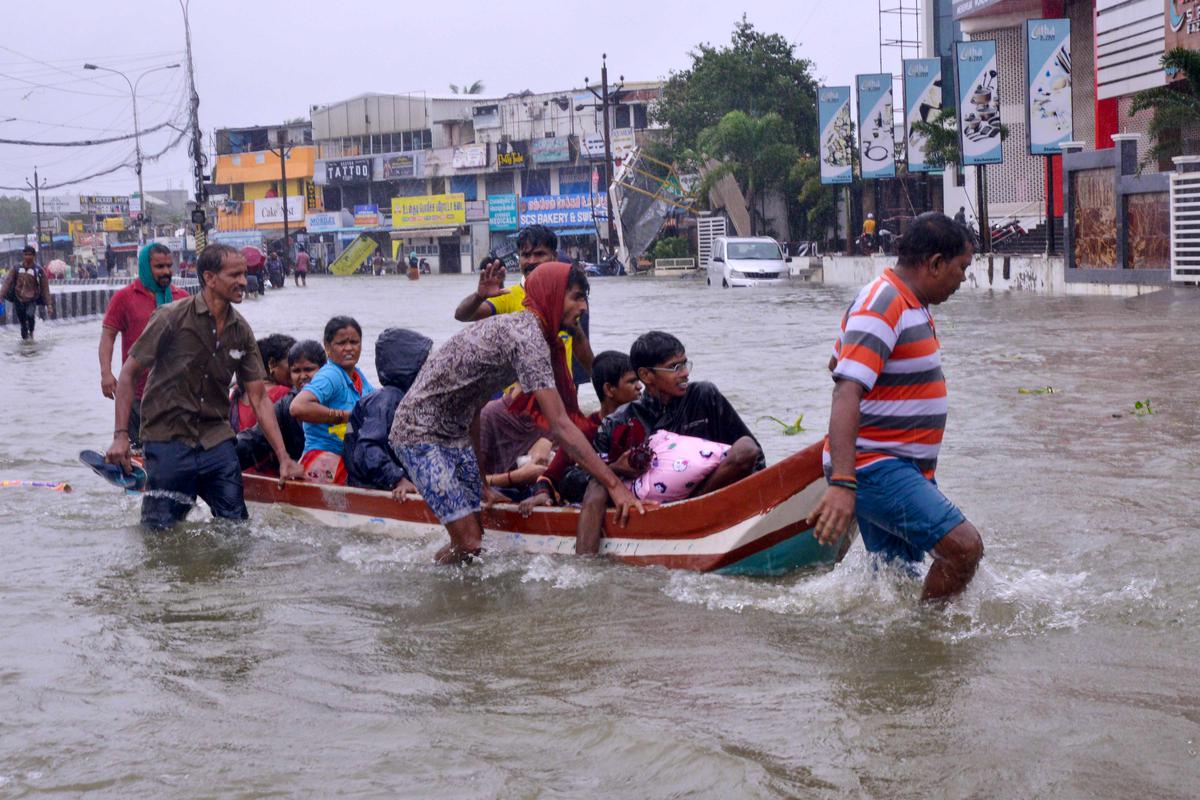
Cyclone Michuang batters South India, a stark reminder of climate change impacts
The warming oceans along with the El Nino phenomenon and other two important oceanic phenomena, the Indian Ocean Dipole and Madden-Julian Oscillation, are also responsible for the rapid intensification of cyclones that is triggering the heavy rain
Kartiki Negi
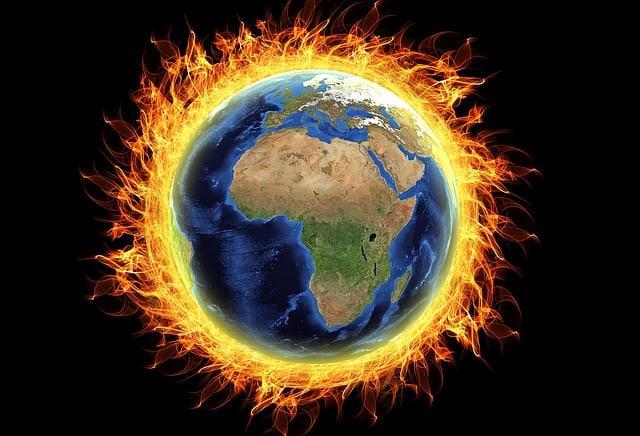
Without emission cuts world will cross 2 degrees celsius again: Emissions Gap Report
The report calls for “immediate, accelerated and relentless mitigation action” to bring down global GHG emissions which set a new record of 57.4 gigatons of CO2 equivalent (GtCO2e) in 2022.
Debdatta Chakraborty
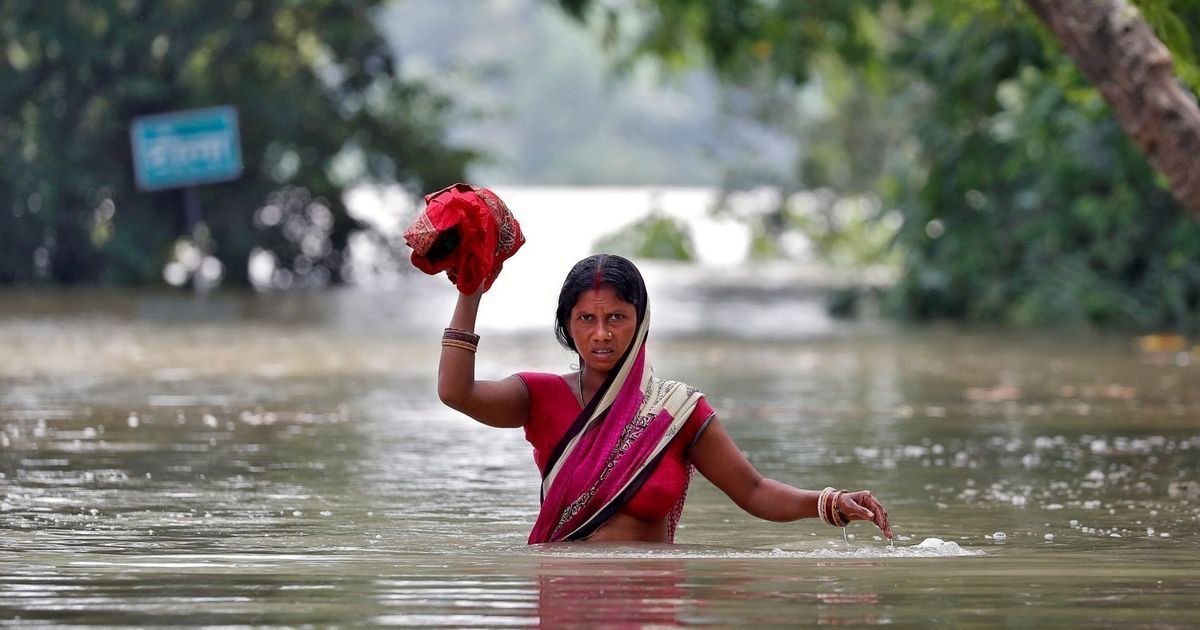
Monsoon 2023 ends with below-normal rains, climate change fuels erratic weather
Monsoon 2023 ended with below normal rains to the tune of 6%, courtesy the building El Nino in the Pacific Ocean. Climate change continues to impact spatial variability, which can cause more droughts or floods, posing water and food security challenges.
Kartiki Negi
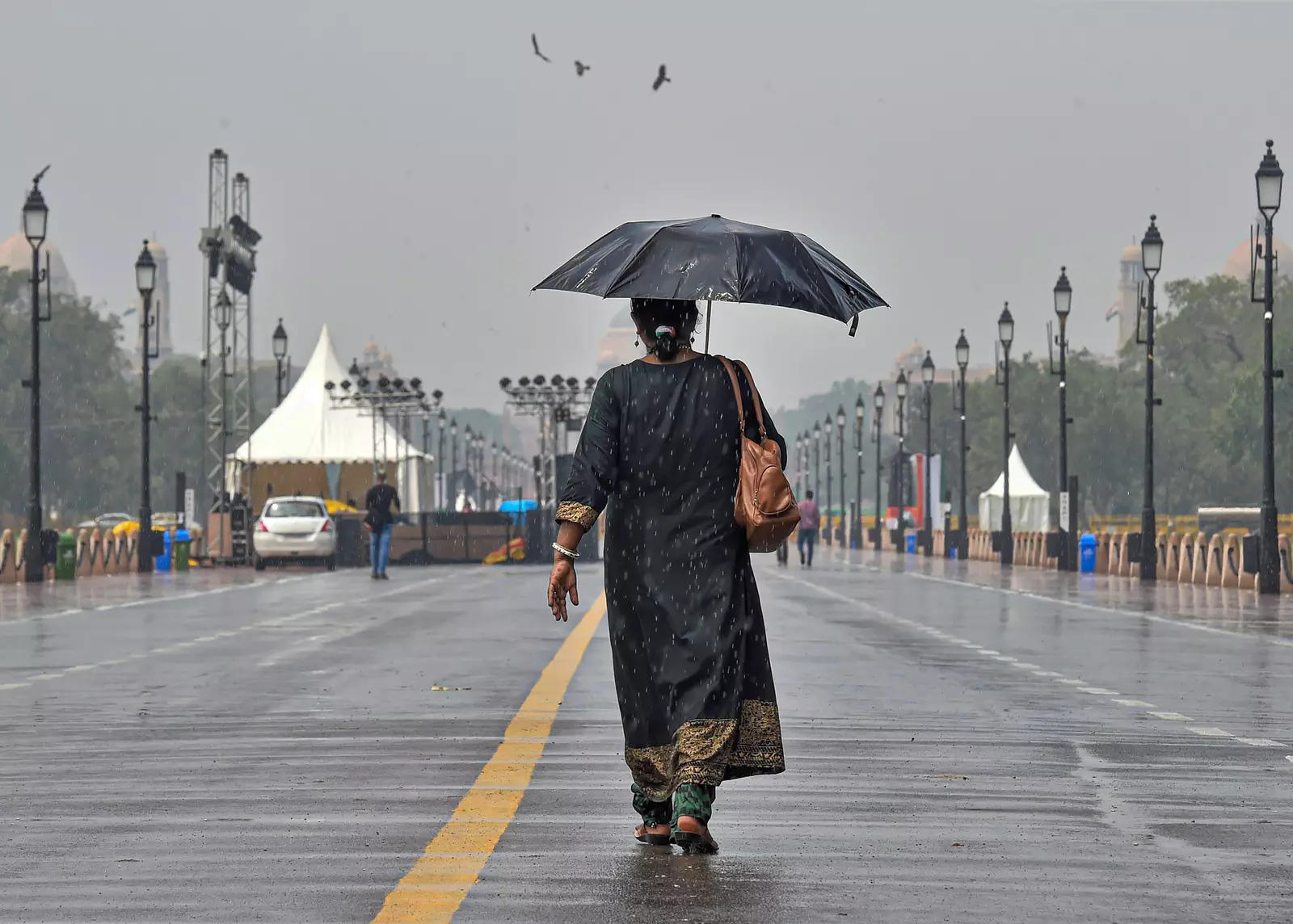
El Nino-Monsoon relation changes over time, impacts regions differently
The El Niño-monsoon relationship has stayed moderately strong and stable for south India, has become exceptionally stronger for north India and has considerably weakened over the central Indian region over the last century, finds the study
Editorial Team
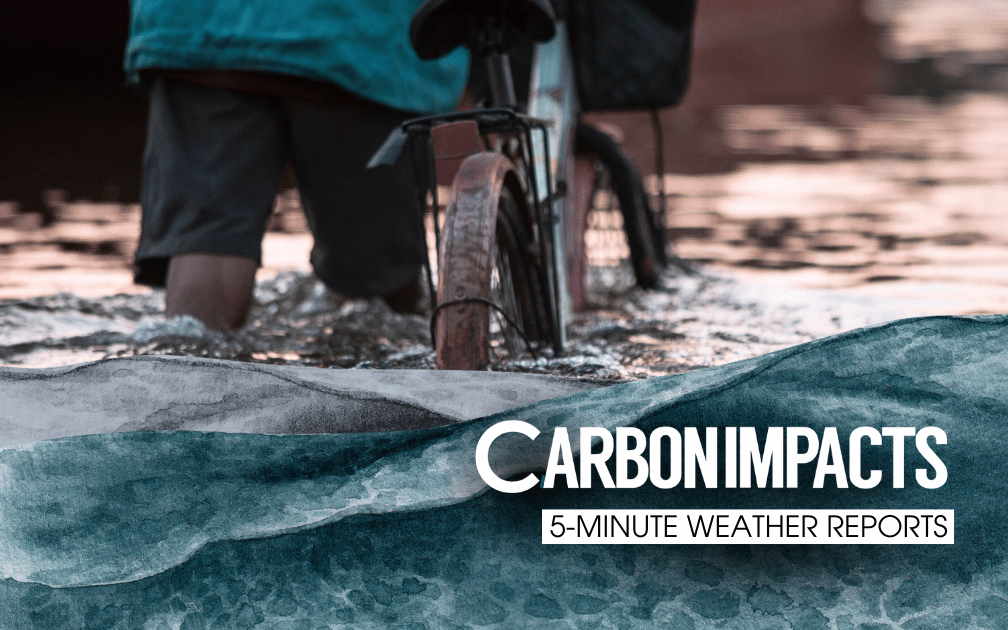
Gujarat Floods and Failing Weather Models | 🎙️ 5-Min Climate-Weather Report
In this episode, we unpack the recent extraordinary weather events that have been unfolding in the Indian state of Gujarat and beyond; leaving us wondering if this is becoming the new norm.
Carbon Impacts
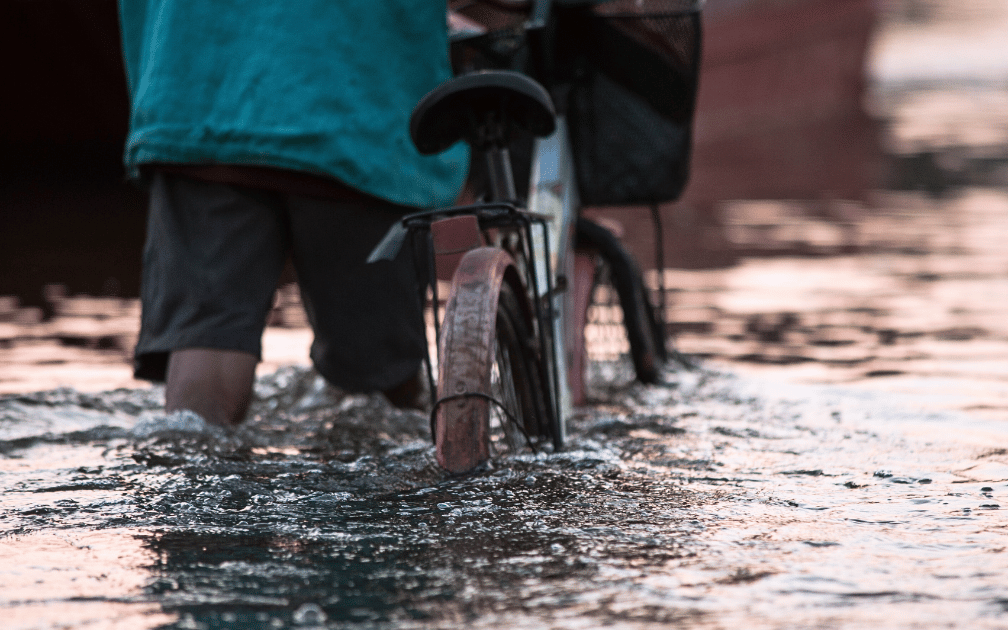
Gujarat Floods: Climate change impacts worsen, weather models fail
Weather models fail to predict heavy rains in South Gujarat. Experts stress the urgency of strengthening forecasting and modelling capabilities to address micro-scale weather events accurately.
Editorial Team
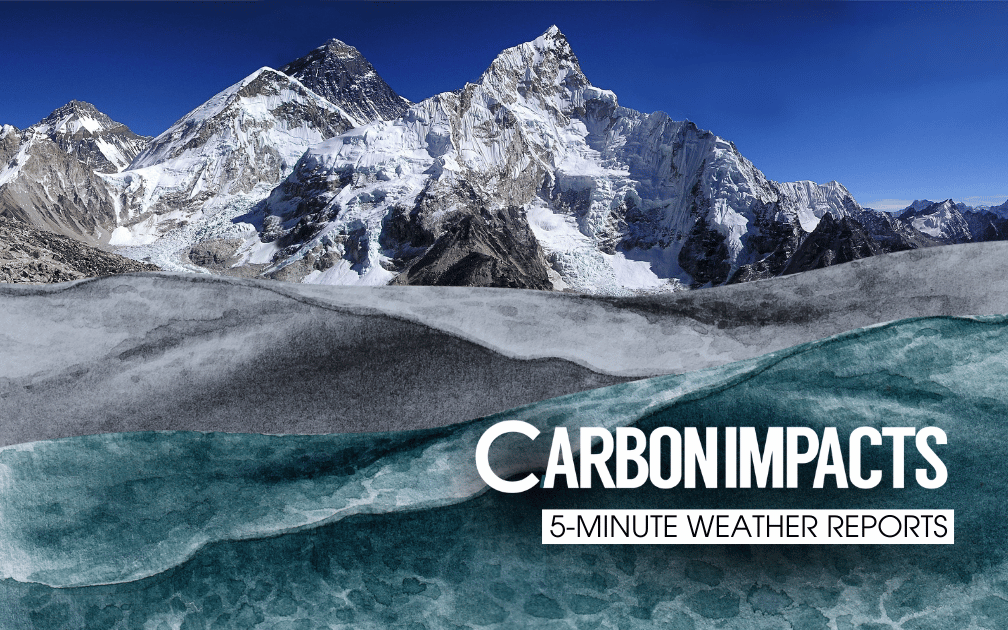
Floods in Himachal, Delhi: What's the Climate Connection? | 🎙️ 5-Min Climate-Weather Report
[Podcast] Explore the role of climate change in the extreme weather disasters in Himachal Pradesh and Delhi, as experts link extreme rainfall events to global warming.
Carbon Impacts
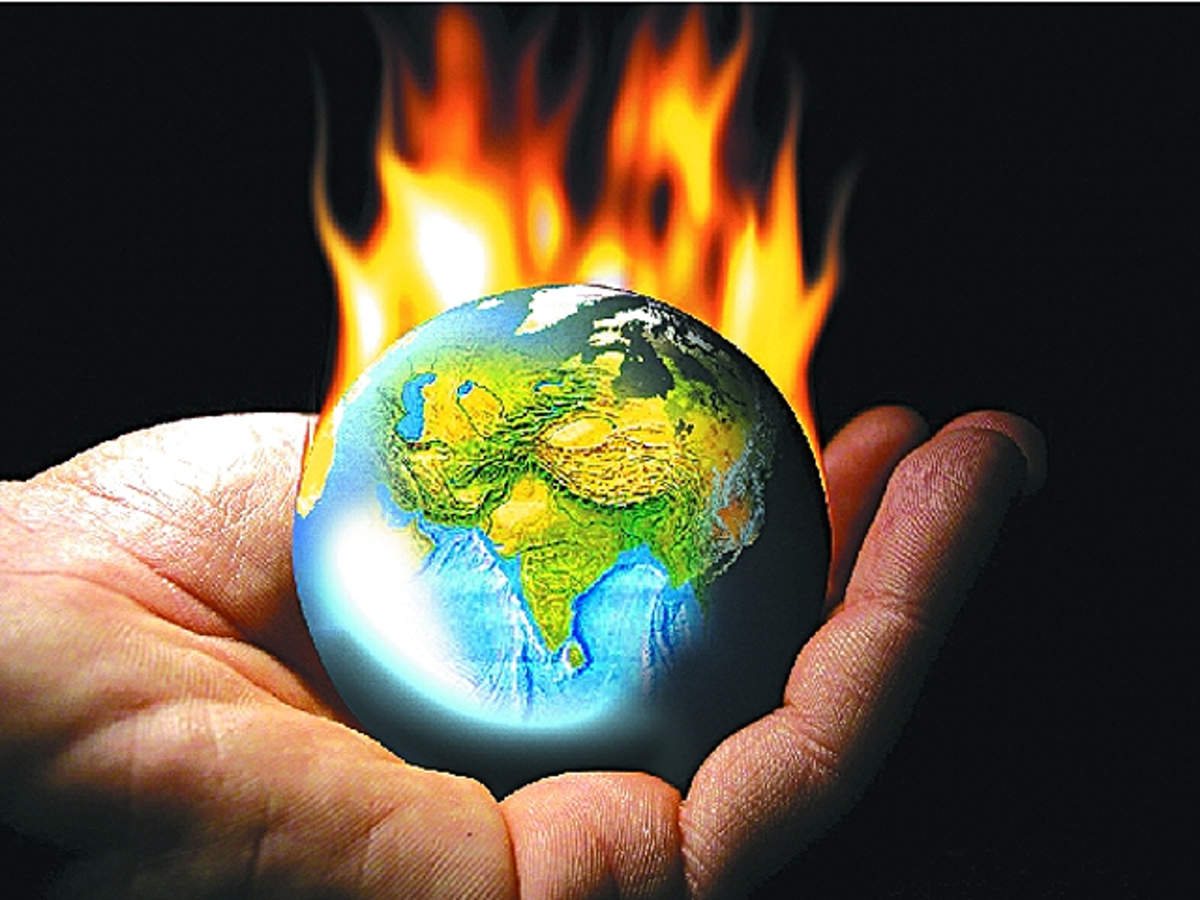
Heat records shattered globally as Earth warms faster: Reports
July 3, 2023 was declared as the hottest day globally ever recorded, while June 2023 became the hottest month across the planet, with abnormally high temperatures recorded on both land and sea.
Editorial Team

As fish numbers decline in Chennai, how can we consume seafood sustainably
Fishing communities, restaurateurs, and researchers agree on the need for alternative ways to consume seafood to limit further stress on marine life. This is the concluding part of CarbonImpacts’s 2-part series on exploring solutions for sustainable food consumption patterns.
Priyanka Thirumurthy
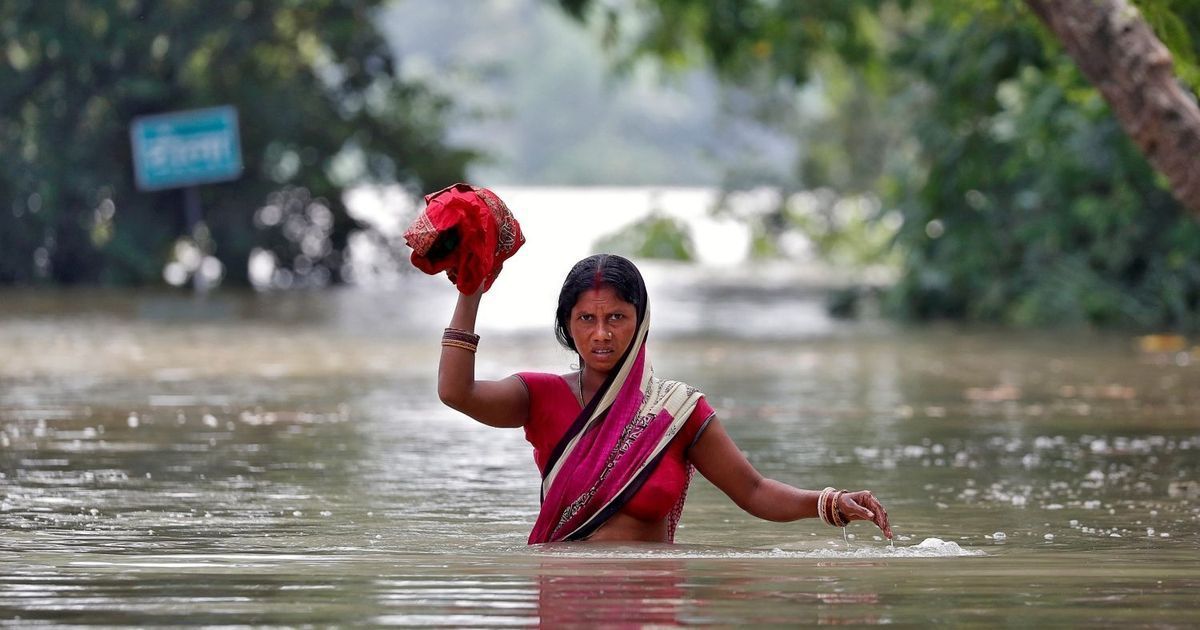
June gets 10% deficit Monsoon rains; heavy rain in 377 stations, highest in 5 yrs
The onset month of the Monsoon season, June, ended with deficit rainfall to the tune of 10% of the LPA (Long Period Average). The countrywide cumulative rainfall during June 1-30 was recorded at 148.6 mm against the normal average of 165.3 mm.
Editorial Team
Rising ocean temperatures impact fish catch and physiology in Chennai
A bleak future for the seafood industry? In the first of a two-part series, Carbon Impacts explores how climate change led ocean warming is impacting seafood catch.
Priyanka Thirumurthy
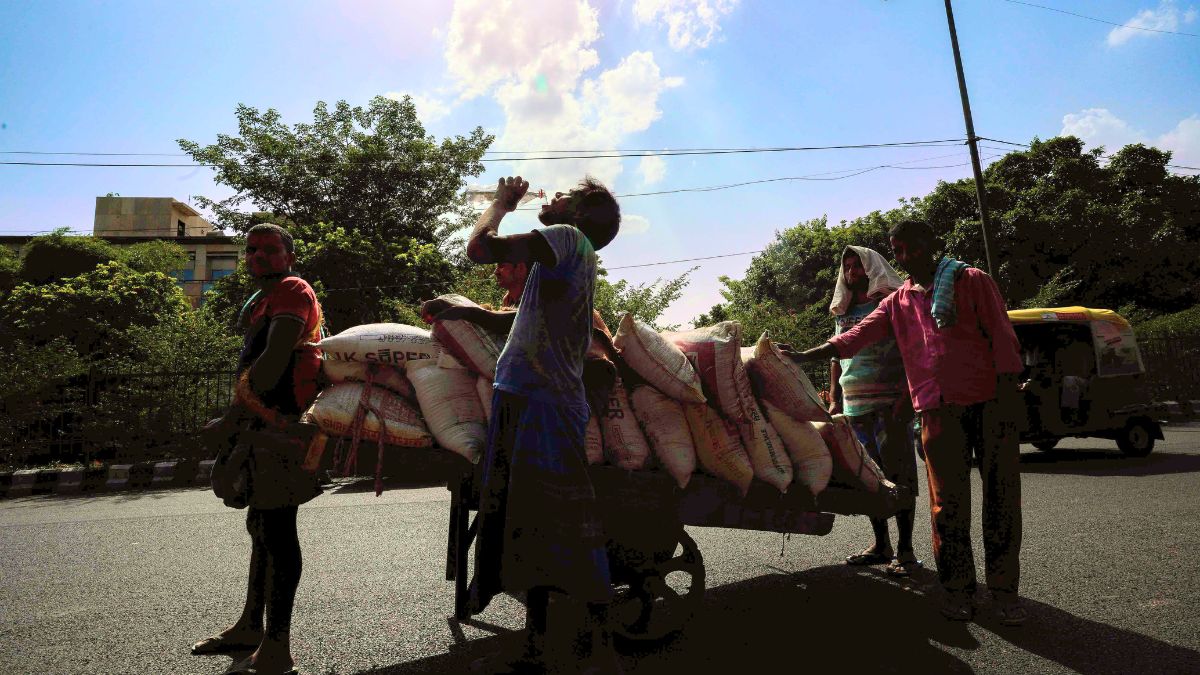
Fatal heatwave in Uttar Pradesh linked to climate change: Analysis
New analysis shows that the extreme heat event in Uttar Pradesh in June this year was made at least two times more likely by human-caused climate change
Editorial Team
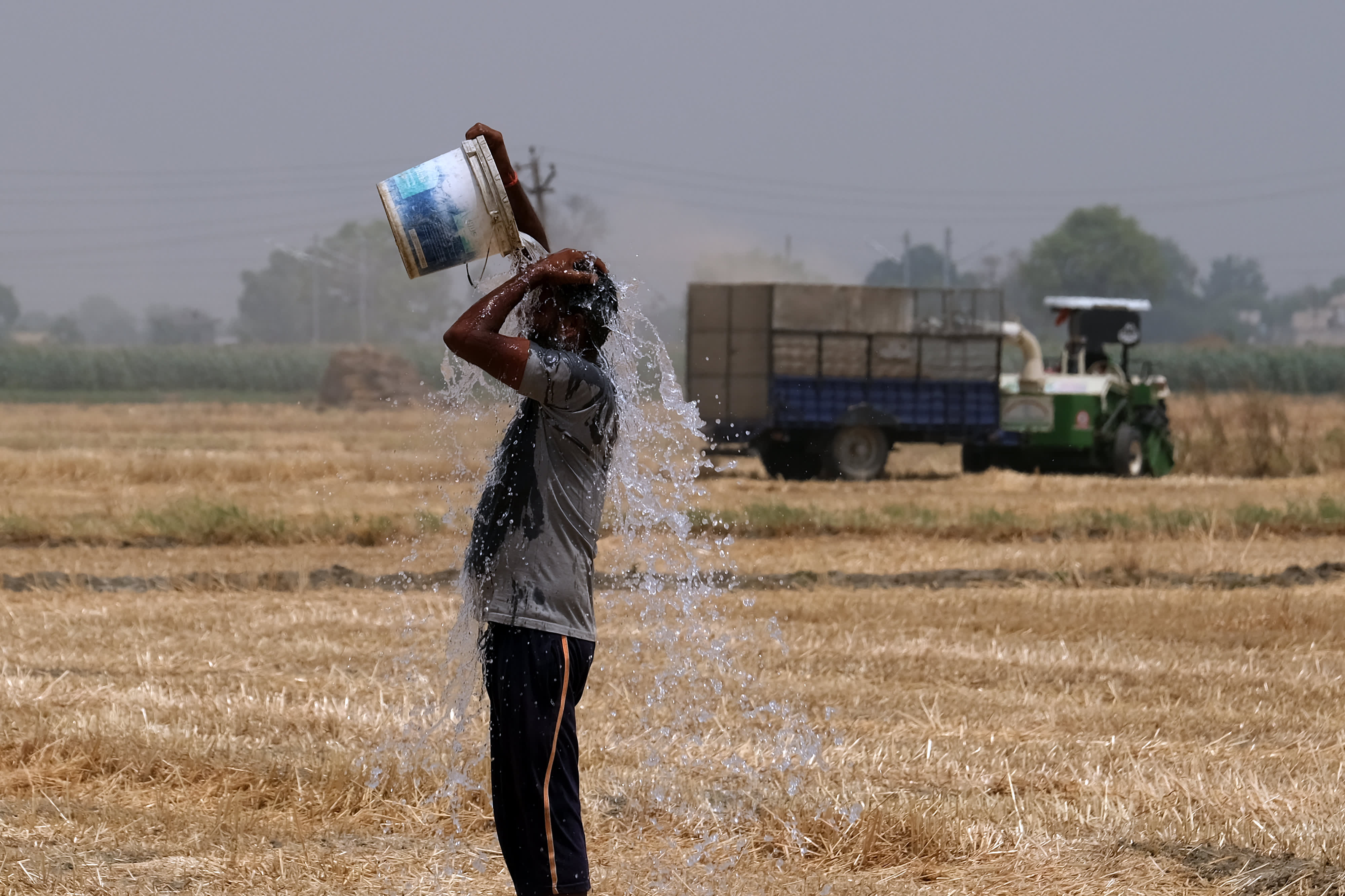
Delayed monsoon, climate change led heat stress behind prolonged heatwave in India
A delay in Monsoon progress is not a very rare thing to witness. There are years when the weak Monsoon current is not able to drive rain, leading to hot and sultry weather conditions. However, the rising global temperatures have increased the probability of extremes be it heatwaves or torrential rains.
Editorial Team
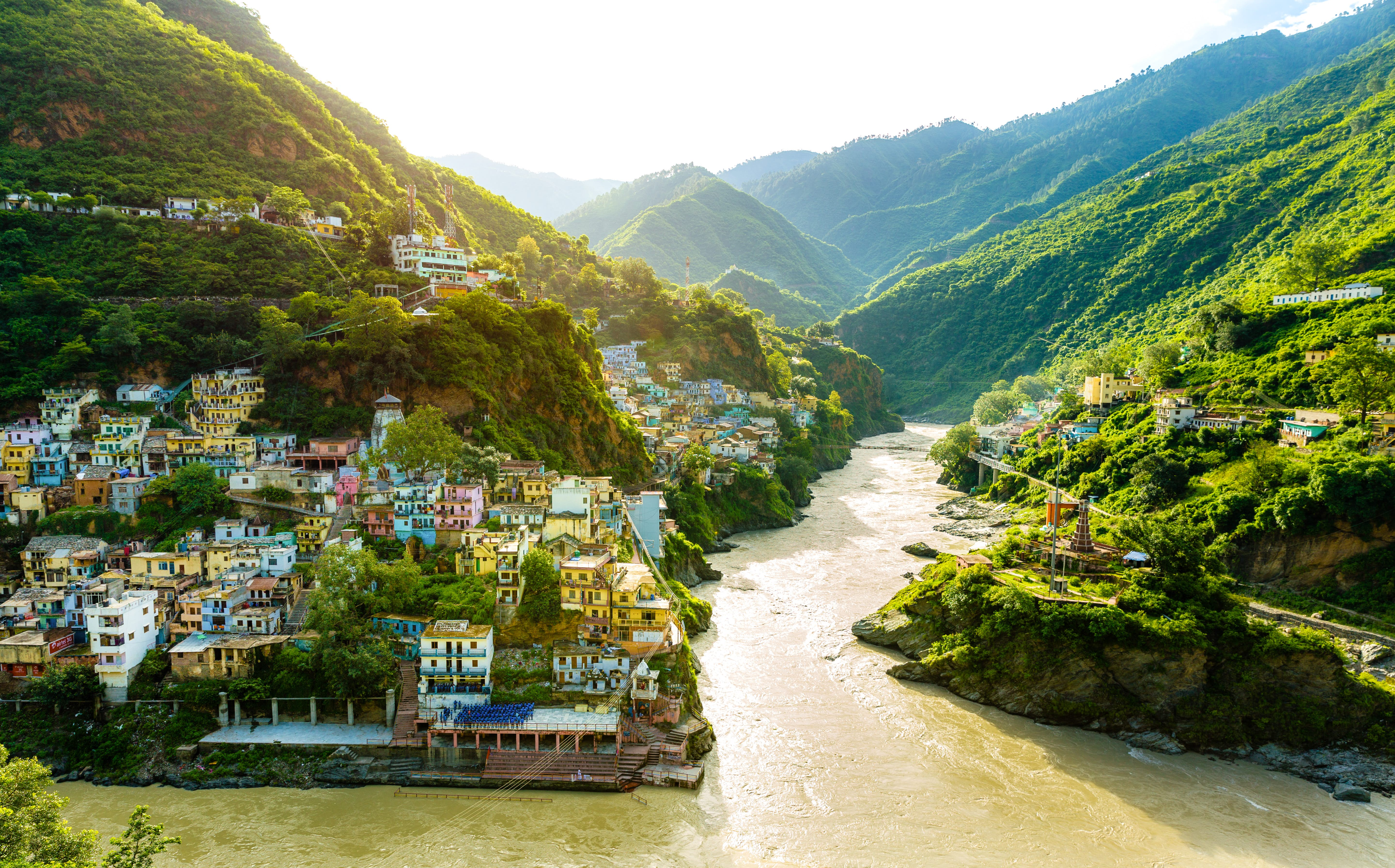
How Uttarakhand fared in a decade after devastating Kedarnath floods in 2013
Given the fragile nature of Himalayan mountains amidst changing climatic conditions, extreme weather events have only increased in the last 10 years across the state.
Editorial Team
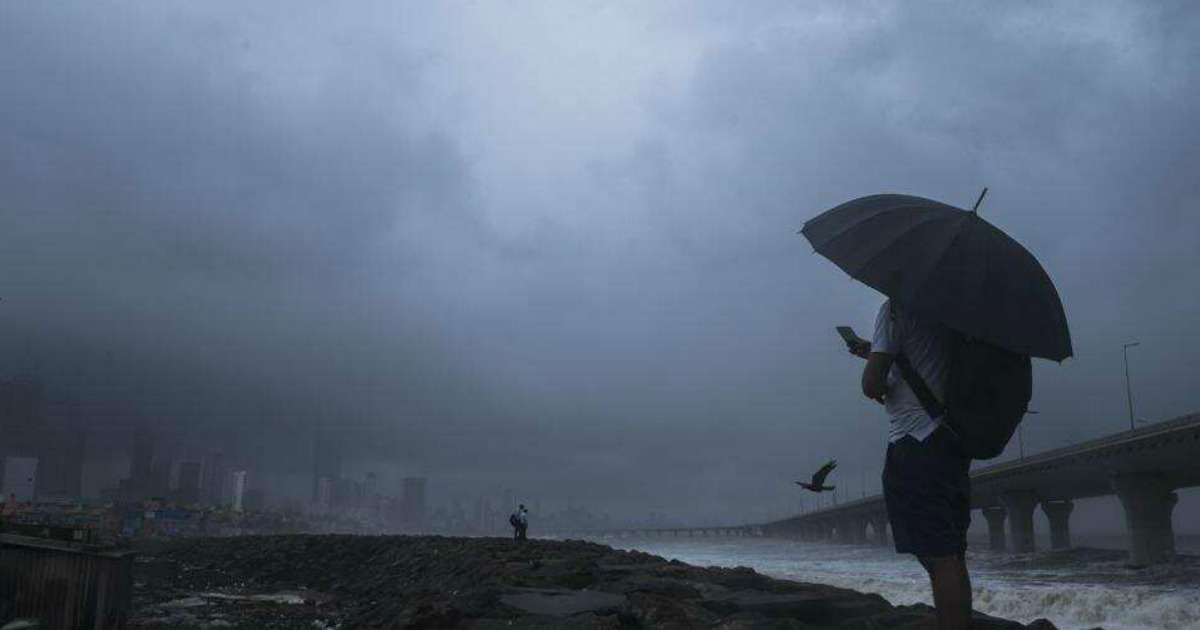
Western Disturbances bring surplus pre-monsoon rains; heatwave remains absent
The pre-Monsoon season for the country ended with surplus rainfall to the tune of 12% of the Long Average Period (LPA). All three months (March-May) have recorded excess rainfall countrywide.
Editorial Team

Over 600 mn people in India would be exposed to dangerous heat at 2.7°C global warming: Study
Assuming a future population of 9.5 billion people, India would have the greatest population, more than 600 million, exposed at 2.7°C global warming. At 1.5°C, this figure would be far lower, at about 90 million.
Editorial Team
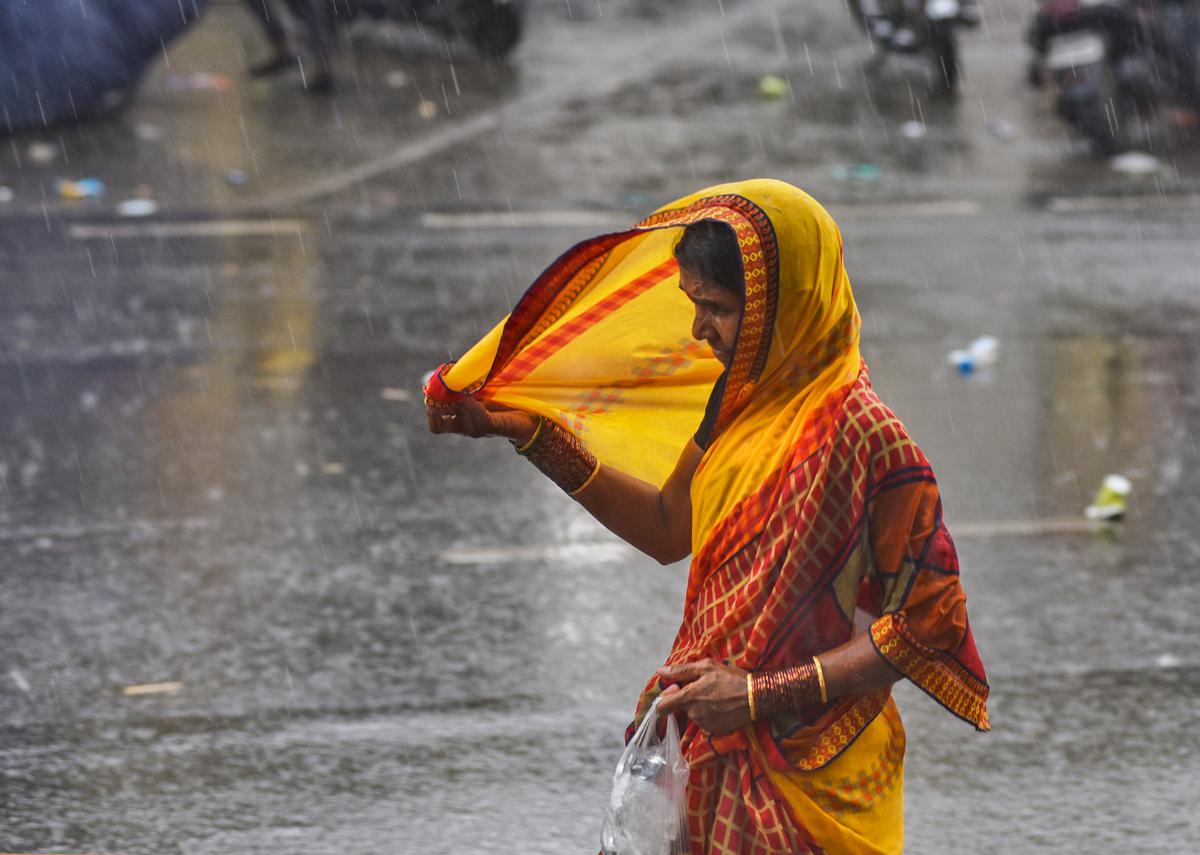
Monsoon 2023 to make delayed onset amid El Nino, June to battle rain deficiency, hot and humid weather
Monsoon 2023 is most likely to hit Kerala on June 4 with a model error of ± 4 days, against the normal date of June 1. It is likely to make a feeble start, under the influence of El Nino which is invariably linked with below normal Monsoon rains.
Editorial Team
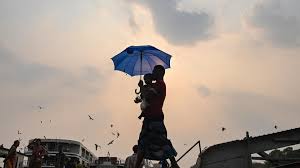
Climate change made Asia humid heatwave at least 30 times more likely: WWA Study
Climate change has made humid heatwaves over India and Bangladesh 30 times more likely in mid-April 2023, according to the latest study released by the World Weather Attribution (WWA). Meanwhile, humid heatwave spells over Thailand and Lao People's Democratic Republic during the same period, would have been ‘virtually impossible’ without human-induced climate change.
Editorial Team
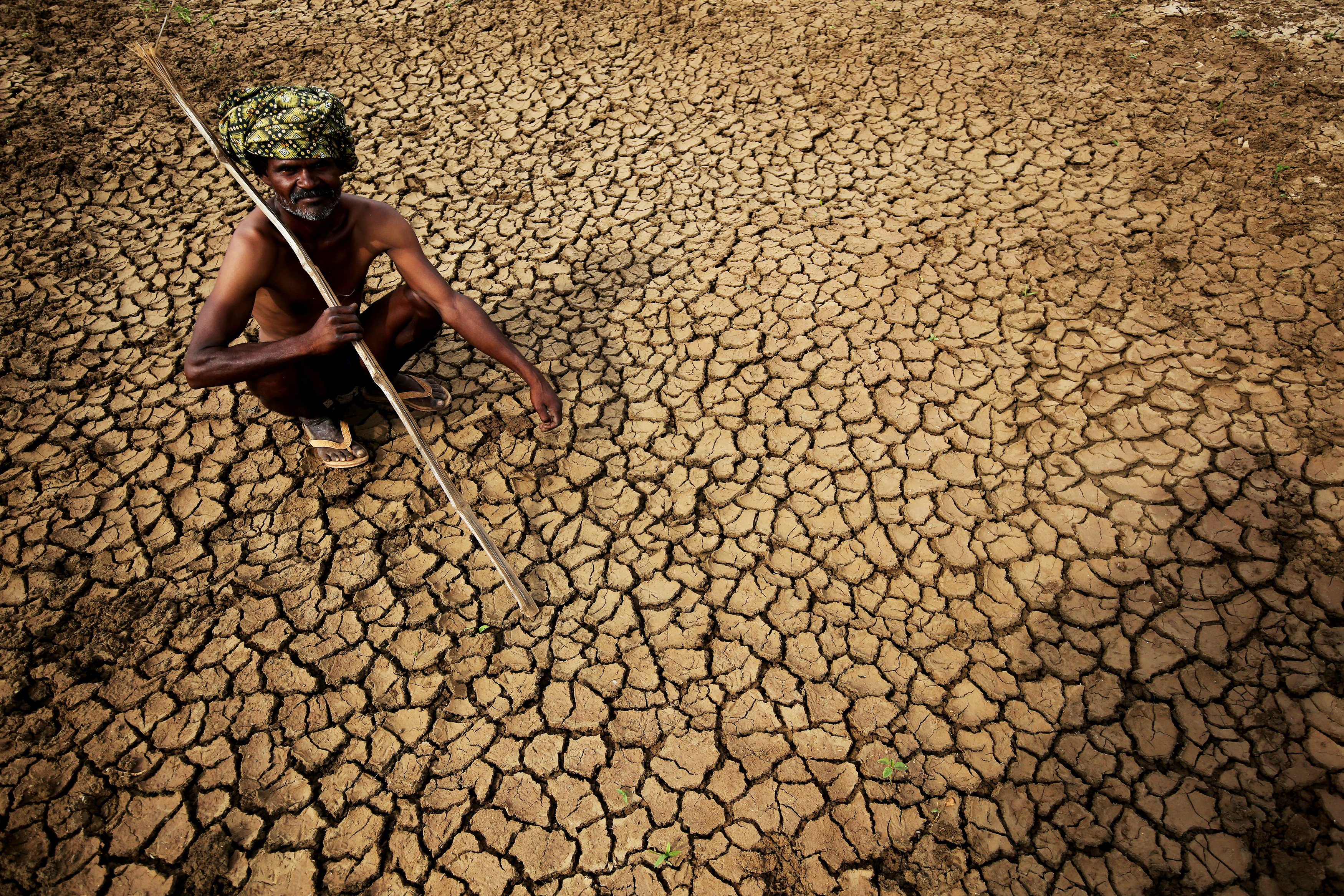
India's Sustainability Goals At Risk Because Of Extreme Heat
A new study suggests that climate change-induced heatwaves in India can hinder or reverse the country’s progress in fulfilling the sustainable development goals (SDGs)
Editorial Team
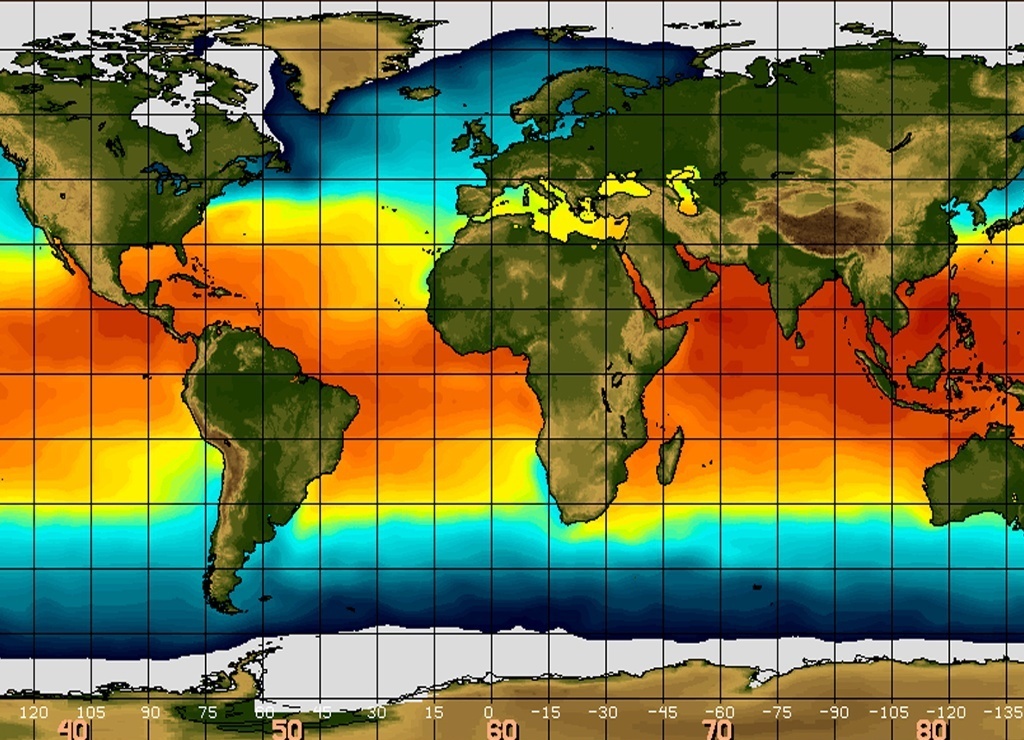
Longest La Niña of decade ends, El Niño on its way
After staying put for three consecutive years, the triple-dip La Niña conditions finally came to an end officially. The oceanic temperatures have been increasing consistently indicating the return of El Niño conditions.
Editorial Team
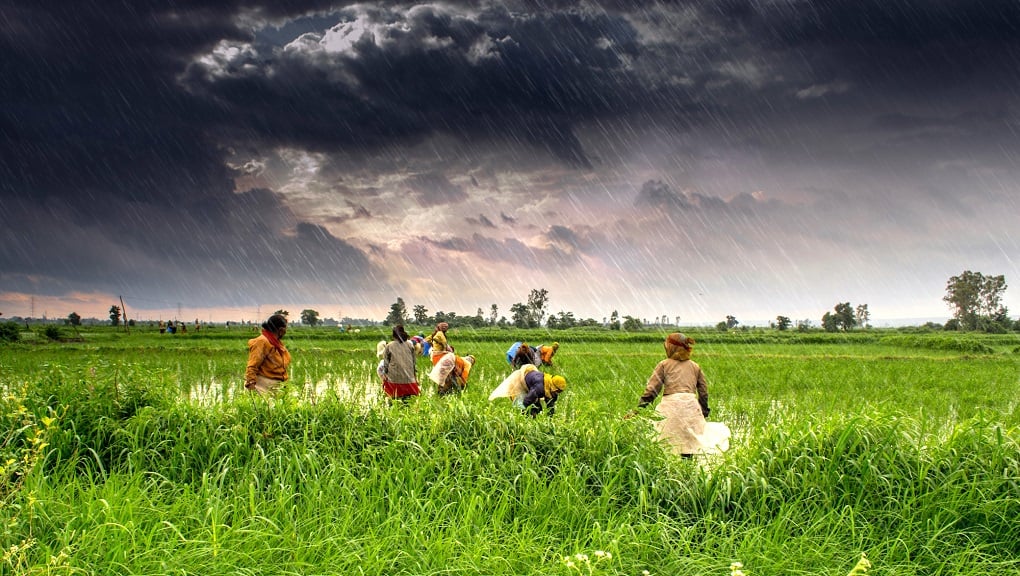
Act Now Or It Is Too Late: IPCC Synthesis Report Gives Final warning on Climate Crisis
The report said exceeding 1.5°C warming limit would lead to irreversible impacts for glaciers, extreme heat stress in tropics, which will impact those who have been least responsible for global warming.
Editorial Team
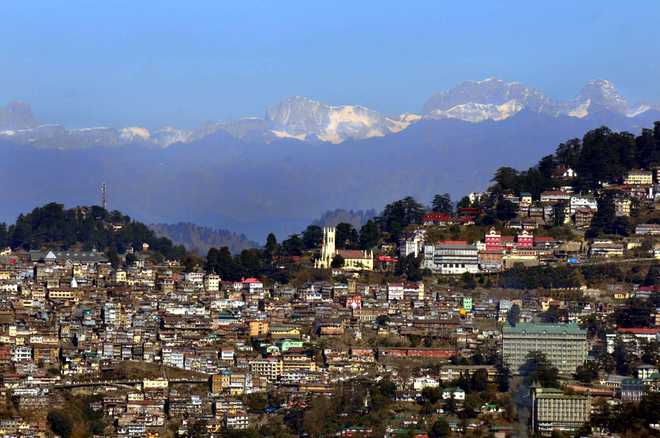
The impact of changing patterns of Western Disturbances and La Niña on warmer winters
According to meteorologists, the anomaly in the temperatures and rainfall is the result of alterations in the weather patterns. The intensity as well as frequency of Western Disturbances have been on the lower side this winter season.
Kartiki Negi
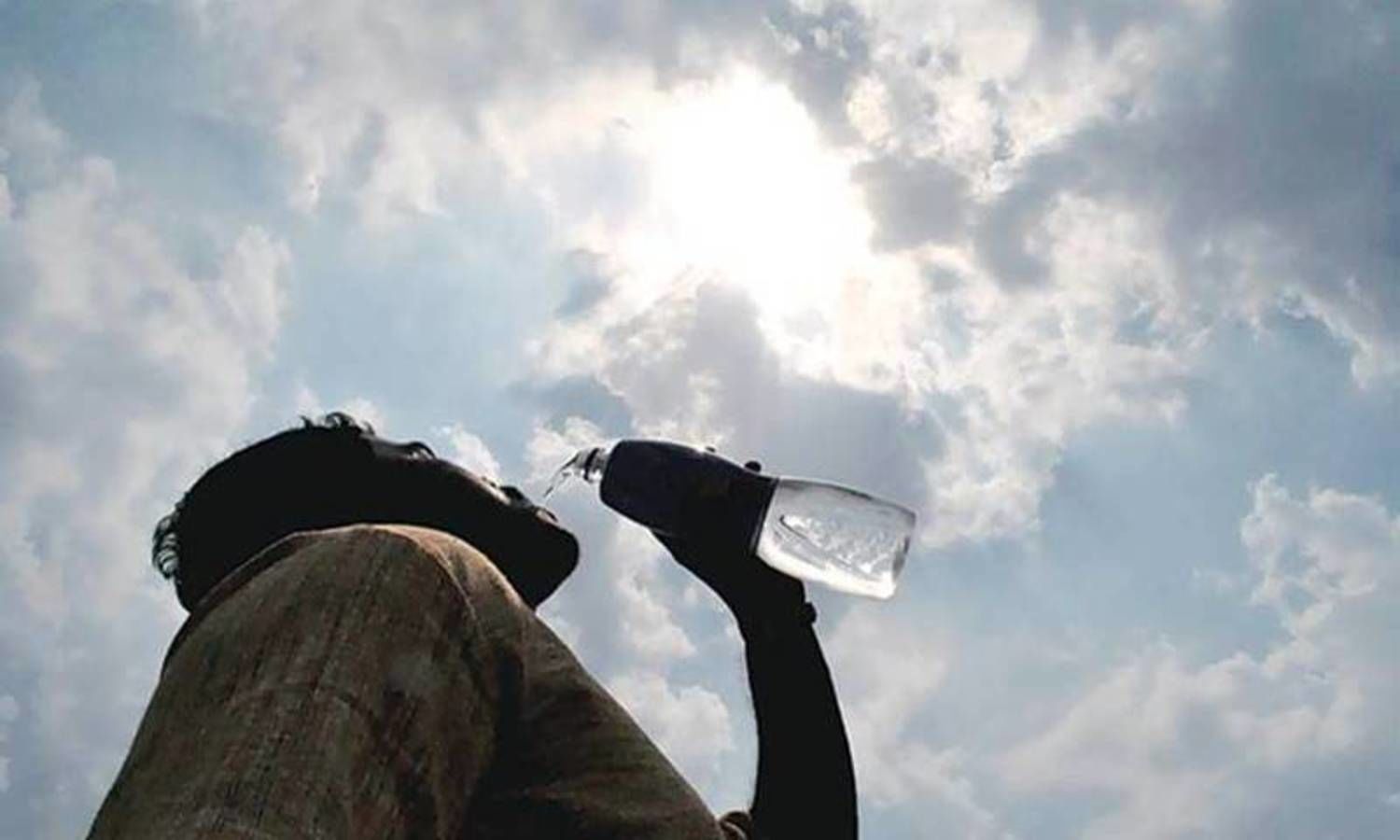
Hottest February shatters record, India gears up for intense heatwaves ahead
India witnessed the hottest February since 1901, with average maximum temperature peaking at 29.54°C. March to follow similar trend, with mercury to continue settle above normal.
Editorial Team
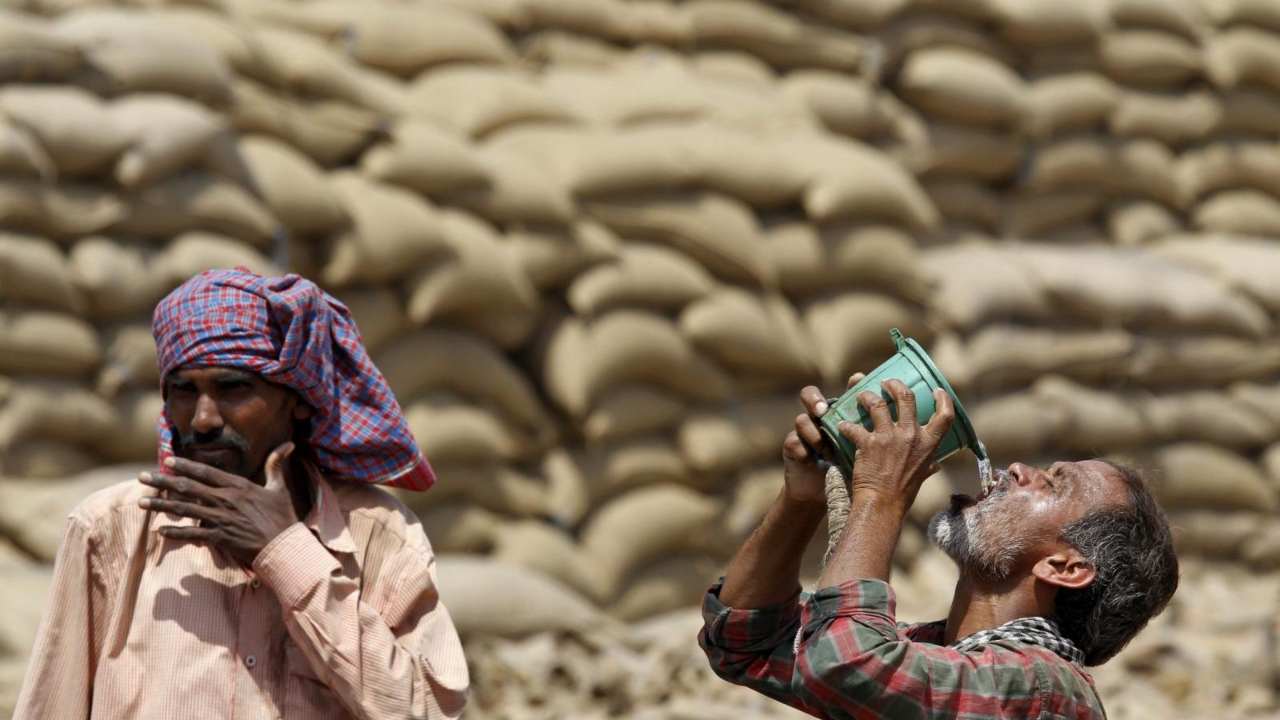
Climate Change: Heat builds up across Northwest India, major threat to wheat crop
Absence of Western Disturbances have paved way for the early warming, indicating a repeat of what we experienced in 2022 across large parts of the country. With this, India is once again likely to miss the spring season.
Editorial Team

Joshimath subsidence demonstrates risks of unplanned, rampant development in fragile areas: Experts
NTPC in particular has been called out for its unchecked development in vulnerable areas exacerbating the impacts of climate change, which is a force multiplier. Joshimath is a clear example of what should not be done in the Himalayas, say experts
Editorial Team

How Climate Change exacerbates rural India's debt burden
Ongoing shifts in rainfall and temperature under climate change are likely to increase the debt burden on rural households, particularly those in dry areas and belonging to marginalised groups, finds the study
Editorial Team
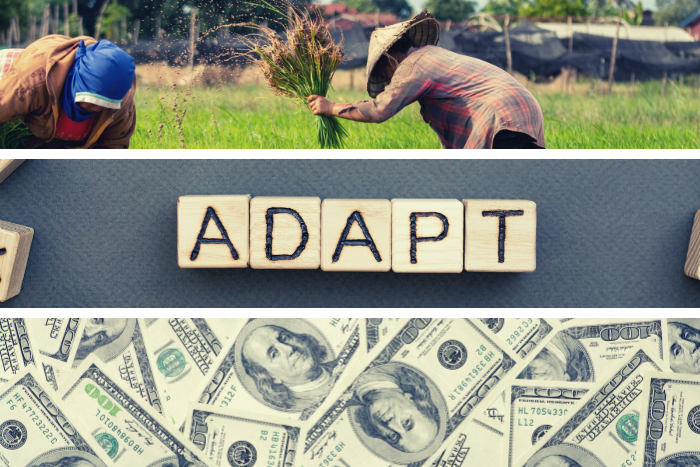
Climate Adaptation: We need novel solutions to protect our safety net for the future
To quantify the role of climate change, attribution scientists estimate the likelihood of these extreme events using models that simulate how the climate would have been if humans hadn’t released large amounts of carbon dioxide into the atmosphere.
Editorial Team
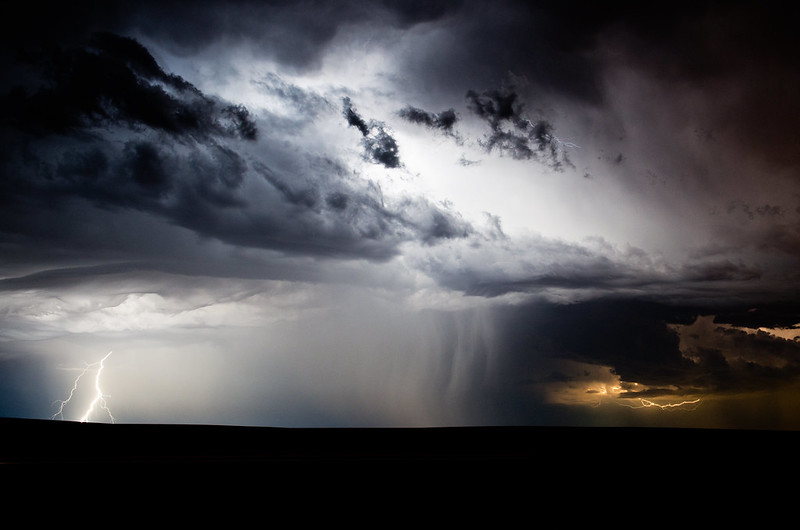
Attribution science is changing the climate change conversation
To quantify the role of climate change, attribution scientists estimate the likelihood of these extreme events using models that simulate how the climate would have been if humans hadn’t released large amounts of carbon dioxide into the atmosphere.
Ignacio Amigo, Climate Science Writer
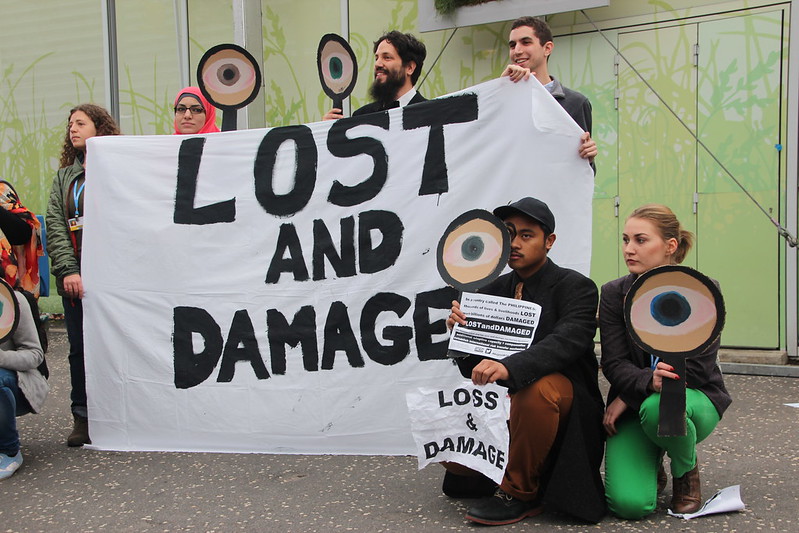
Decoding Loss and Damage in Rapidly Changing Climate
Addressing loss and damage could span a variety of activities and apparently be shaped by the communities that are experiencing them. It could also entail providing immediate humanitarian assistance after an extreme weather event.
Ritika Kapoor, Science Writer
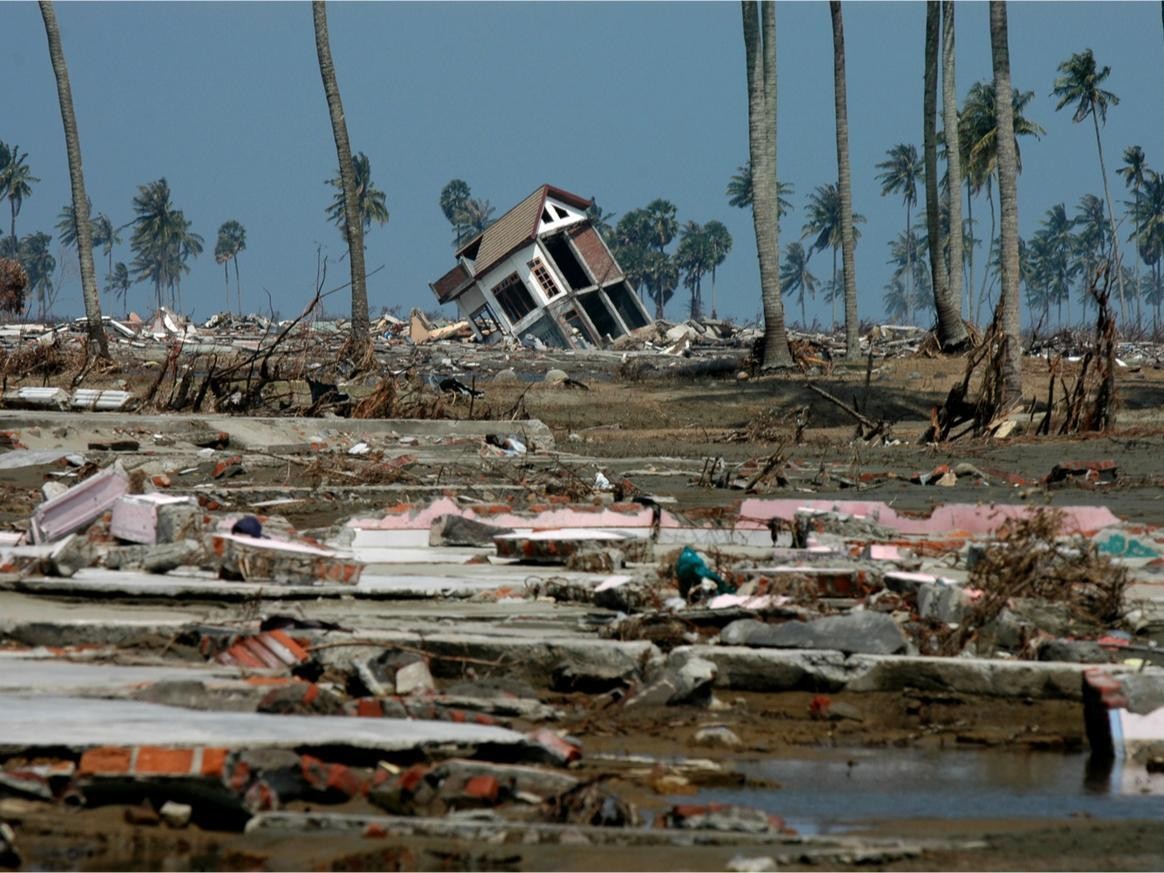
South Asian Experts Raise Pitch For Loss and Damage to be Part of COP27 Agenda
Extreme weather events across the globe reflect an urgent need to include loss and damage in the upcoming COP27 agenda, the absence of which will render the conference futile, say experts
Editorial Team
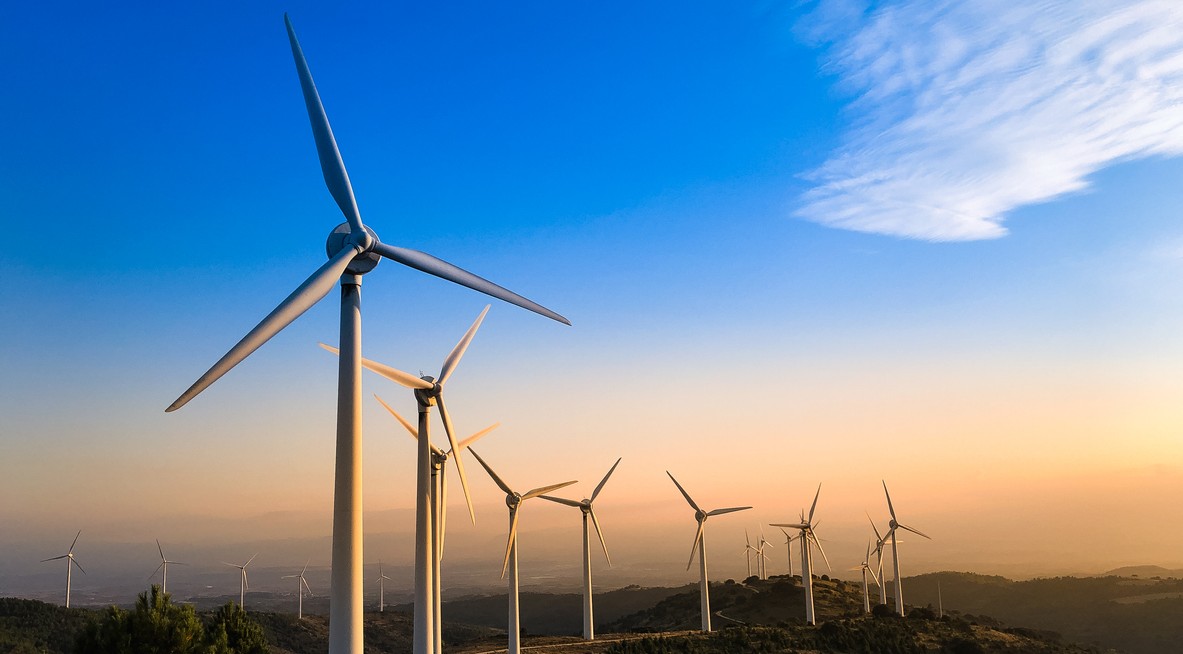
India’s solar, wind energy production to dip due to climate change: Study
In the solar potential regional analysis, future projections predict a shift in the frequency of solar radiation in the negative direction, implying that solar energy production will decrease in the immediate future.
Editorial Team
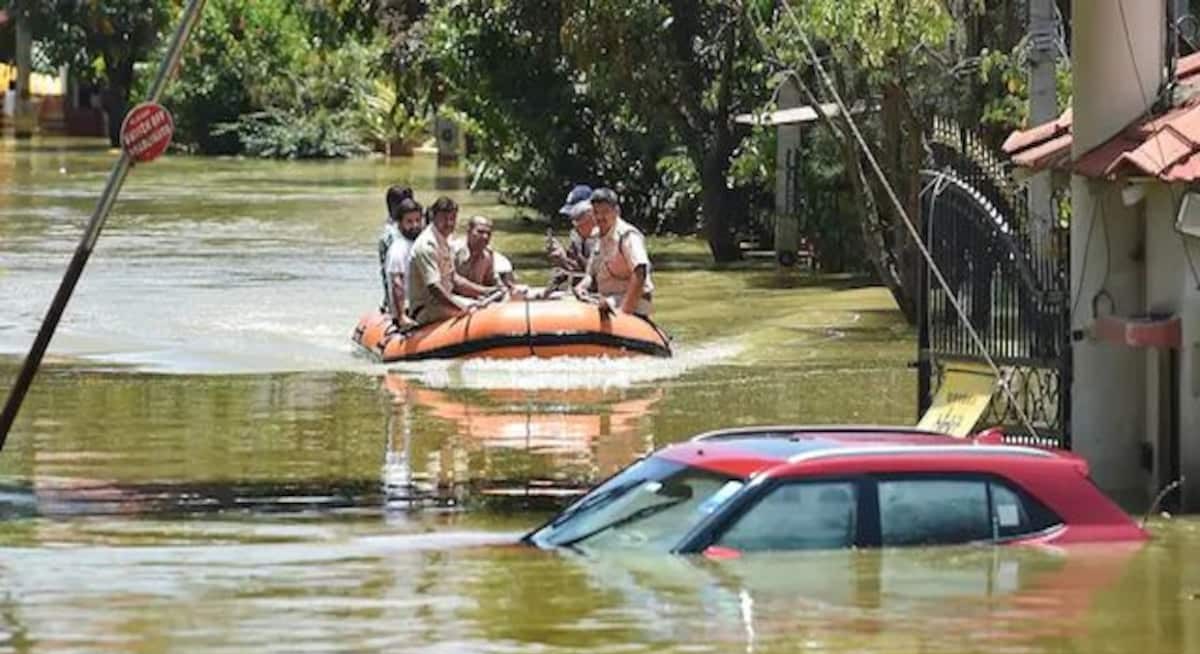
What Bengaluru floods 2022 taught us about increasing threat of urban flooding in India
Bengaluru rains were a result of change in Monsoon trends that have of late become unpredictable and complex. However, meteorologists claim that extremely heavy rainfall cannot be blamed alone and that it was the city's bad urban planning that led to such a grave situation.
Kartiki Negi
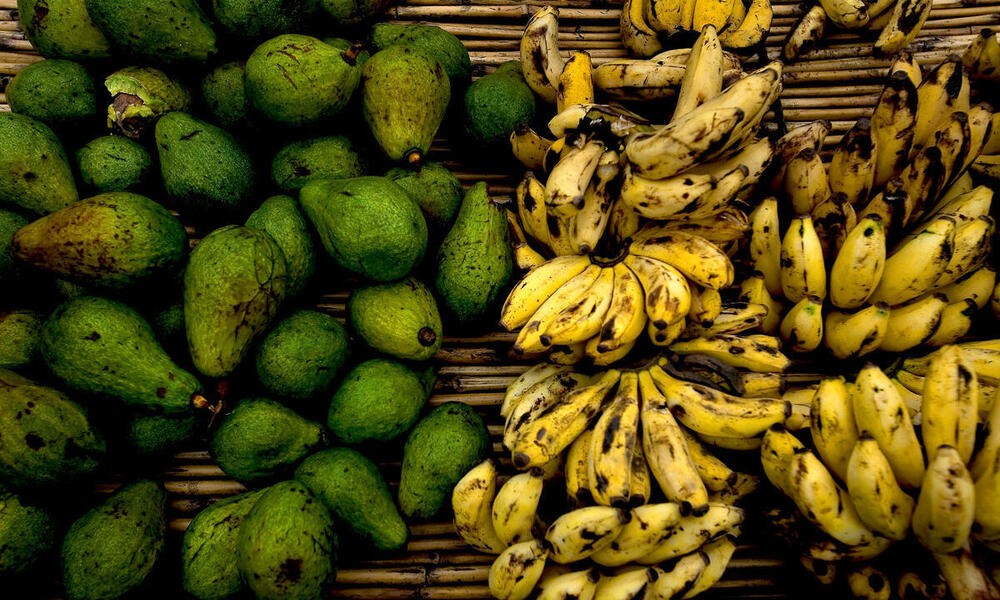
Climate impact: 48 million Indians at risk of zinc deficiency by 2050
138 million people are globally expected to be affected by zinc deficiency by 2030, most of them to be likely from African and South Asian countries, with nearly 48 million residing in India alone.
Editorial Team
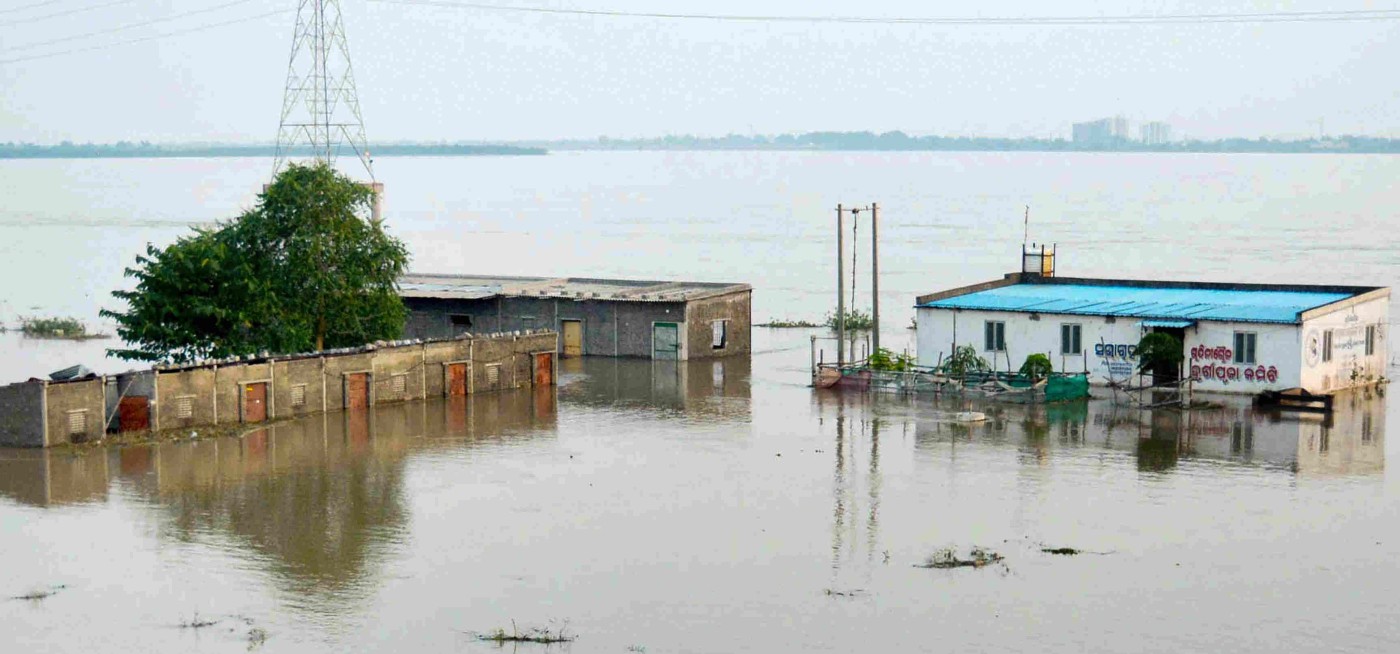
Extreme events to be new normal in the Indian Subcontinent
Meteorologists are citing concerns over changes in the track of Monsoon weather systems across the country. The trend has become more and more visible in the last 4-5 years, with the 2022 season being the latest one. In fact, recent Pakistan floods have also been attributed to this change.
Editorial Desk
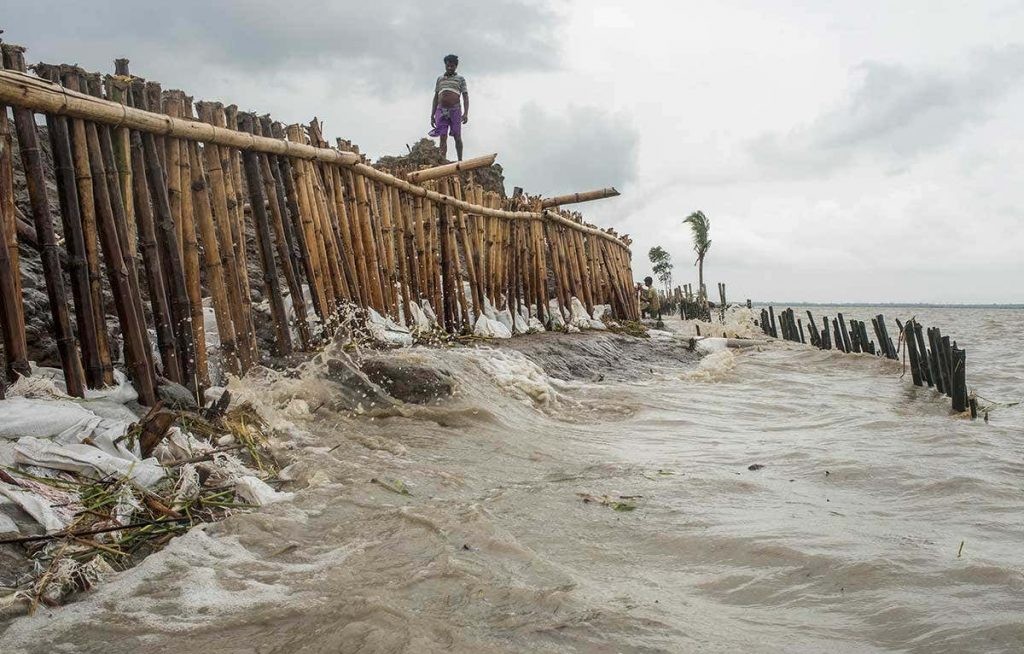
Compounding climate disasters leave more people displaced from homes
According to the data compiled by the Internal Displacement Monitoring Centre (IDMC), conflict, violence and disasters triggered 38 million internal displacements across 141 countries and territories in 2021, the second highest annual figure in a decade after 2020's record-breaking year for disaster displacement.
Gunjan Jain
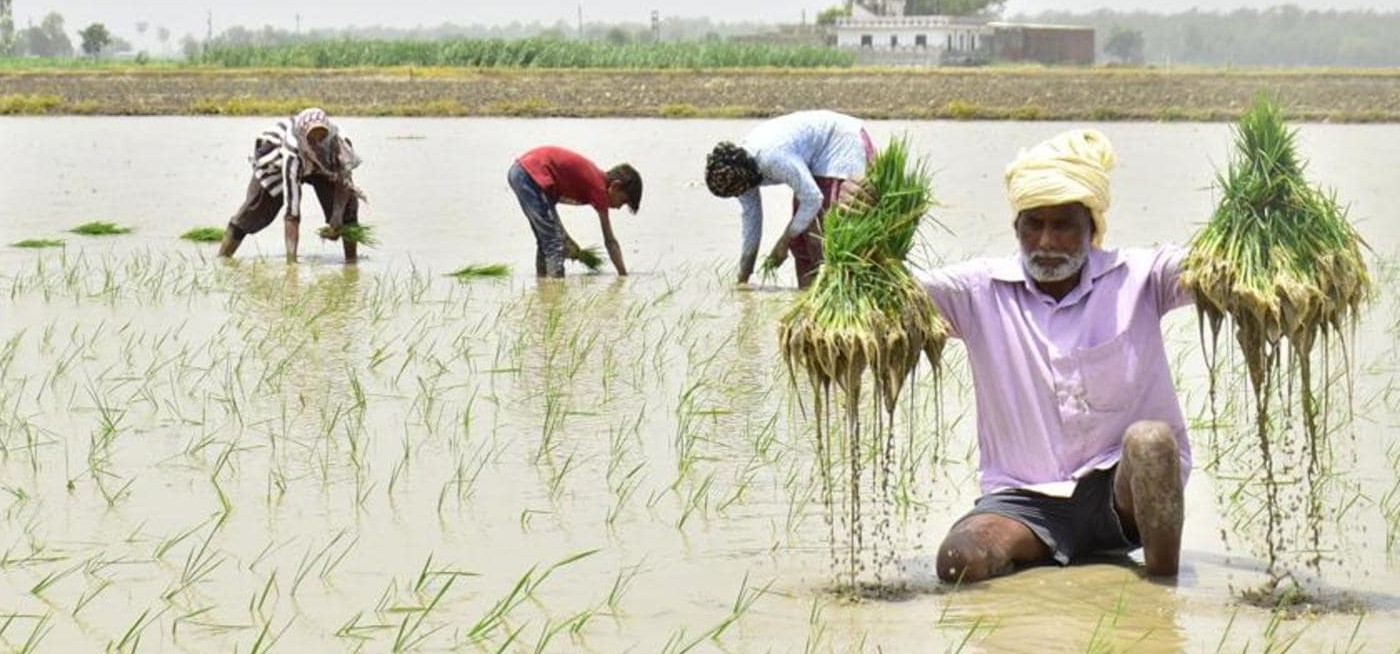
Climate change led erratic Monsoon and global disruptions threaten food production, experts call for self-dependency
While the country is yet to overcome the threat over food crisis, the threat over rice production is looming large with the weak start and delayed progress of the Monsoon. According to data released by the Agriculture Ministry, sowing of rice is already down by 46% as of June 24. As on July 1, area sown under rice was 43.45 lakh hectares, while in 2021 it was 59.56 lakh hectares.
Kartiki Negi
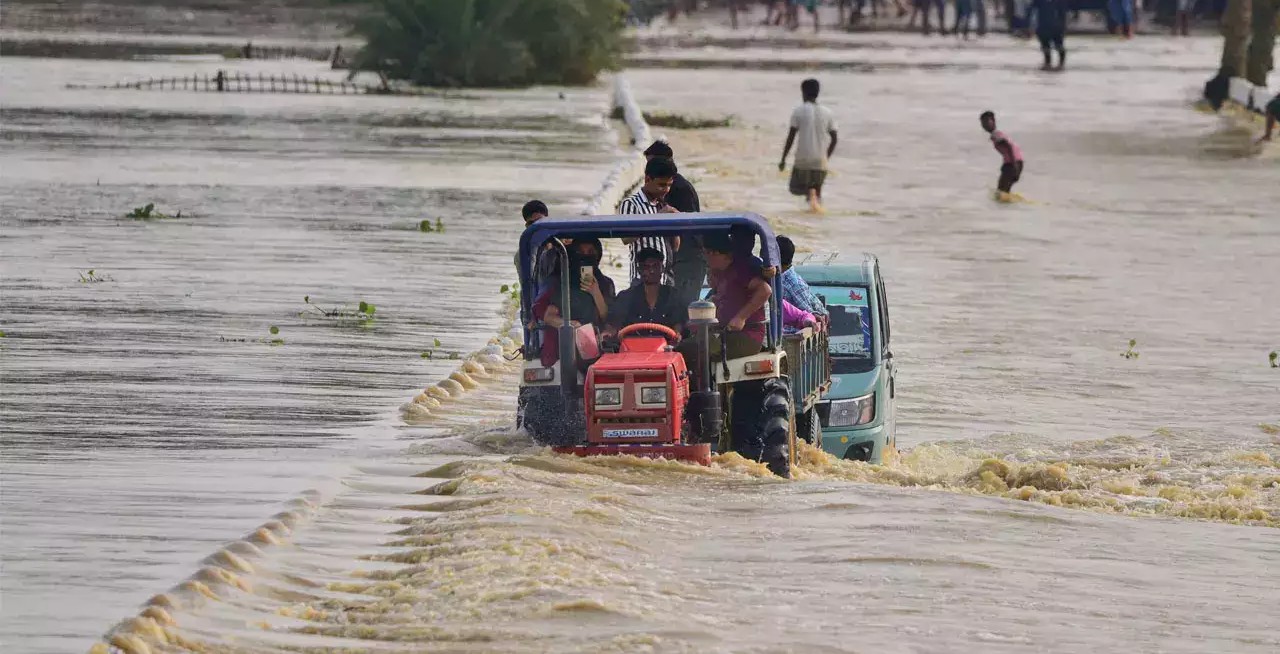
Climate change behind flooding Monsoon rains over Northeast India
Climate change has fueled Monsoon rains as rising temperatures have increased moisture content in the atmosphere. Warmer winds have a tendency to hold more moisture and for a longer time, resulting in extremely heavy rains in a shorter span of time.
Editorial Team

As climate change escalates, compensation for its victims is unavoidable
The question in the lawsuit is simple: can RWE - a German energy company responsible for a measurable fraction of global warming to date - be held liable for the damages caused by its emissions?
Leo Barasi, Author of The Climate Majority
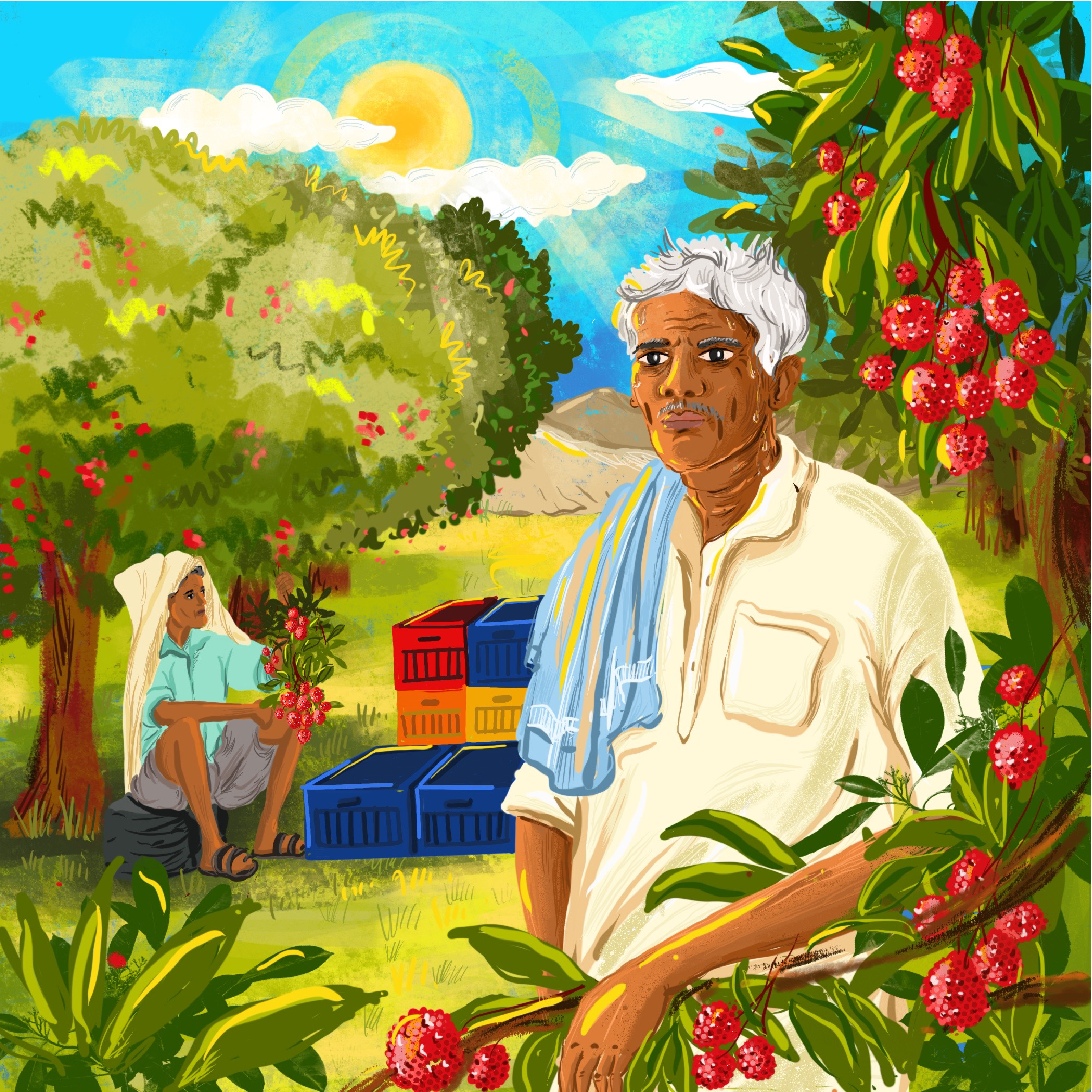
Rising heat, falling food security: Climate change leading to crop failure
IPCC warning that heat stress on agriculture can lead to food shortages in India has already started to come true this year, with wheat output falling 5-10% compared to last year
Vandita Sariya
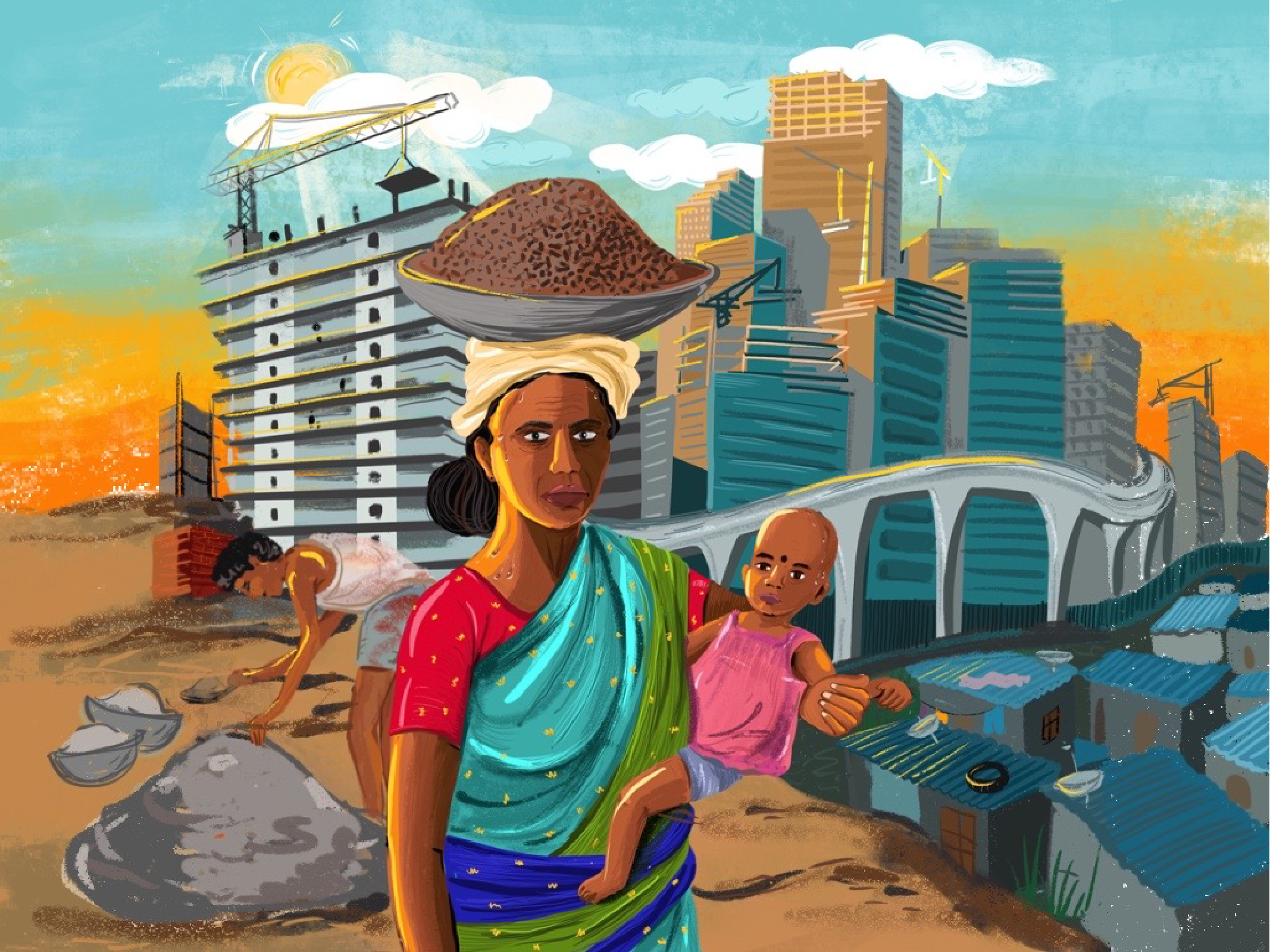
Heatwaves: No Relief in Sight for Daily Wagers in Cities
Heat, especially when combined with humidity, can slow people down when they’re performing heavy work such as in agriculture or construction. As the climate heats up further due to greenhouse gas emissions, every fraction of a degree of warming is causing more work time to be lost for heat-related reasons.
Carbon Impacts

The legal liability Pandora’s box holding back finance for loss and damage
While negotiations on L&D, the ‘step-child’ of COPs past, saw significant progress at COP26, there is still fear among developed countries about the legal ramifications of agreeing to a global fund for dealing with present-day, climate-change-related disasters
Sibi Arasu

Glacier retreat in the Hindukush Himalayas reveals transboundary uncertainties
Rapid warming in the region has increasingly been flagged by scientific assessments. However, outcomes for the region’s water regime, especially the groundwater, is yet to become clear.
Seema Sharma

How the Jal Jeevan Mission can navigate India’s impending water scarcity
World Water Day was observed across the globe this week. CarbonCopy takes a look at the sustainability of one of the India’s flagship water supply programmes, which is in a race against time to provide 100% water supply to rural India
Anushka Mohite Mahale
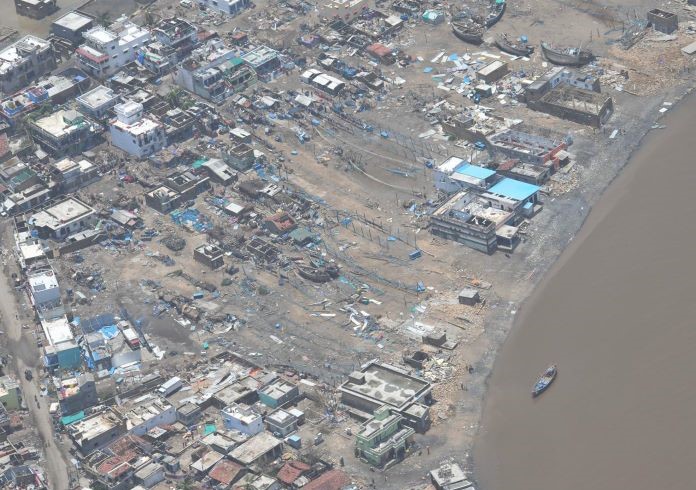
Towards a resilient future: Lessons from Cyclone Tauktae
To build back better, a smarter approach would be to increase the resilience not just of damaged structures, but also of local communities that don’t have the means to rebuild
Rohit Dharmadhikari , Tejas Deshmukh

India 15% more vulnerable to heat extremes than in 1990: Lancet report
Urgent action is needed to integrate climate change mitigation into COVID-19 recovery plans to address global inequities in health and build a sustainable future, says report
Editorial Team
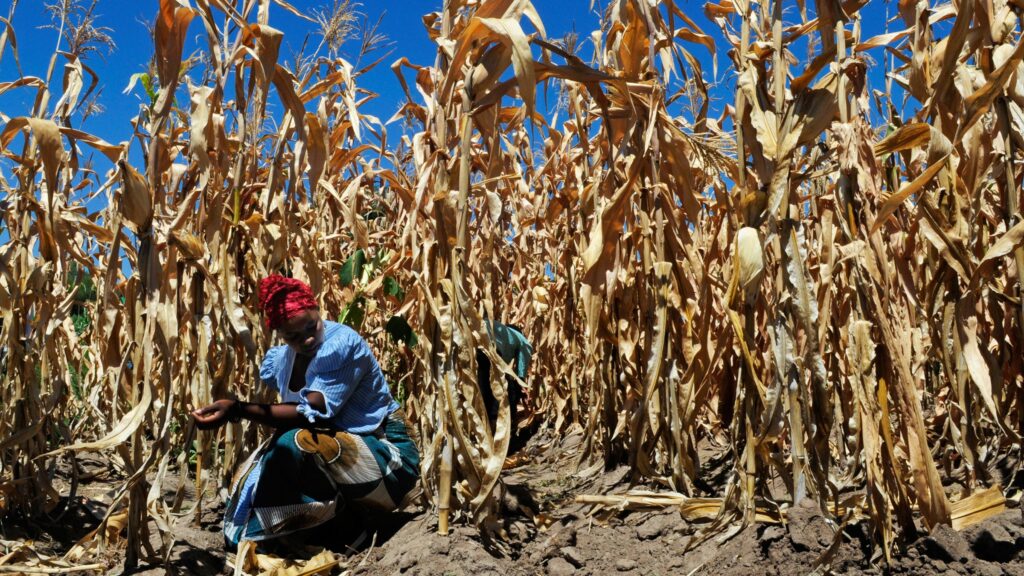
Increased heat-drought combinations induced by climate change could damage crops: Study
While previous studies identified the danger to crops from global warming, this study focused on the compound effects of heat and water availability on food crops
Editorial Team

